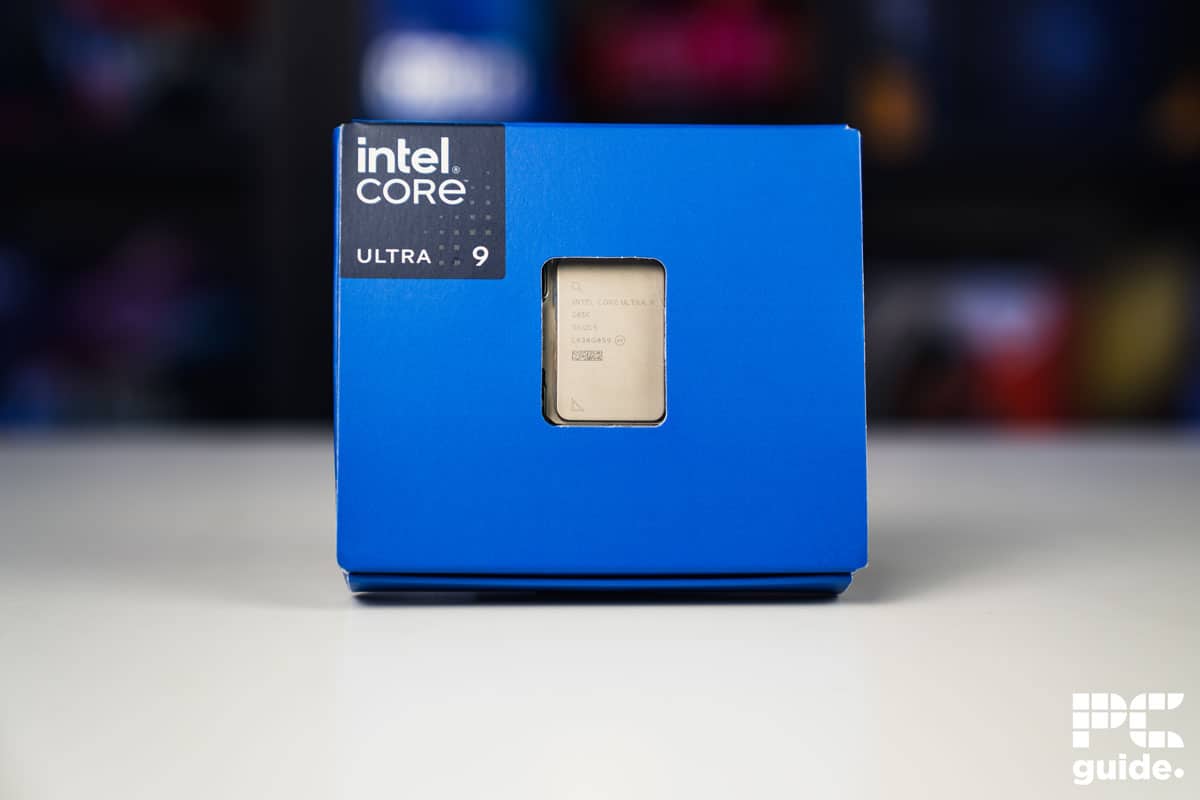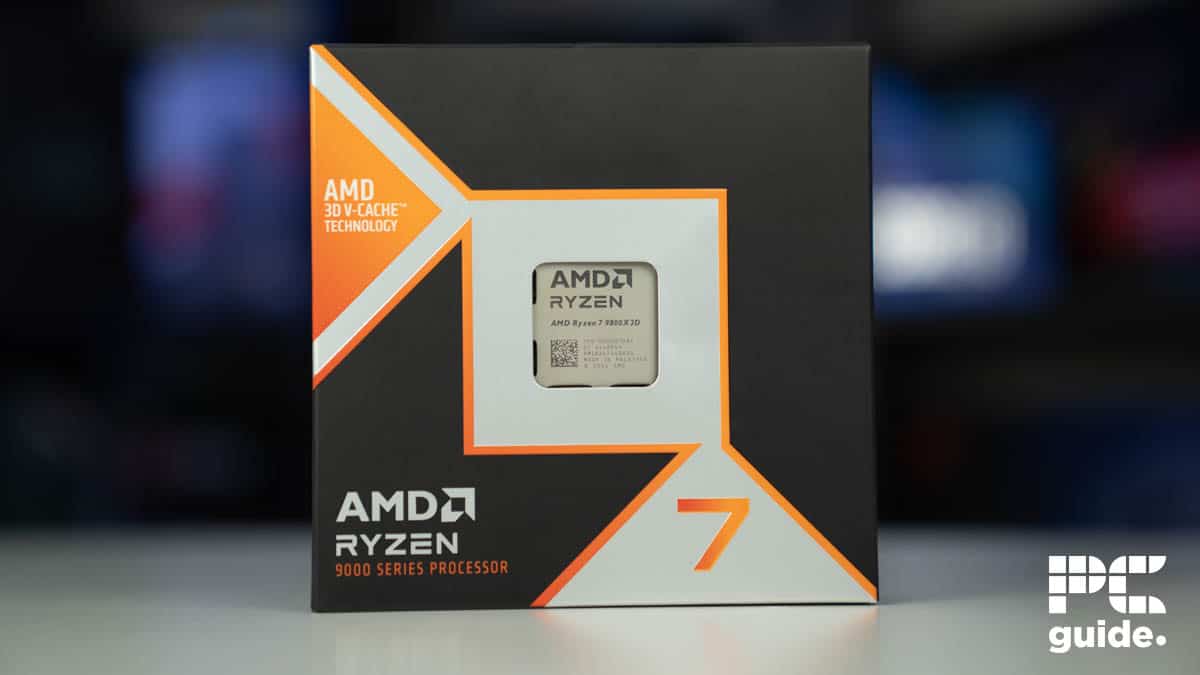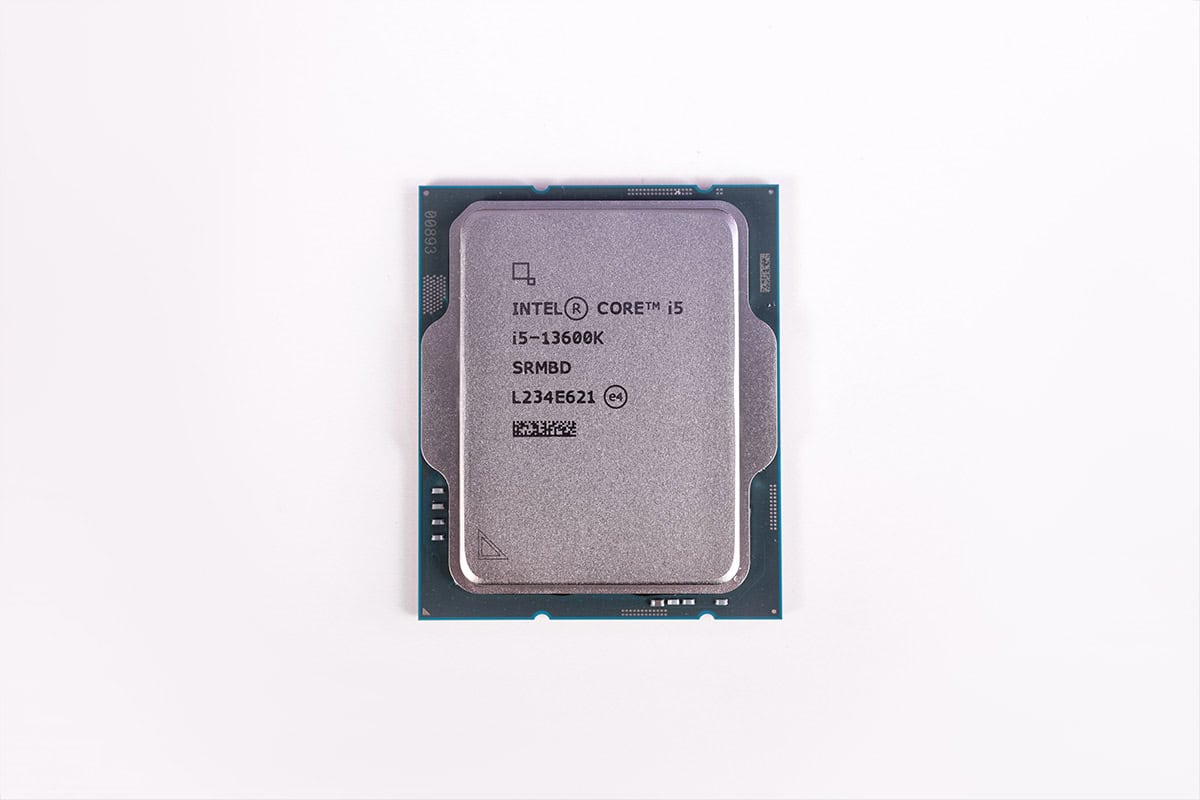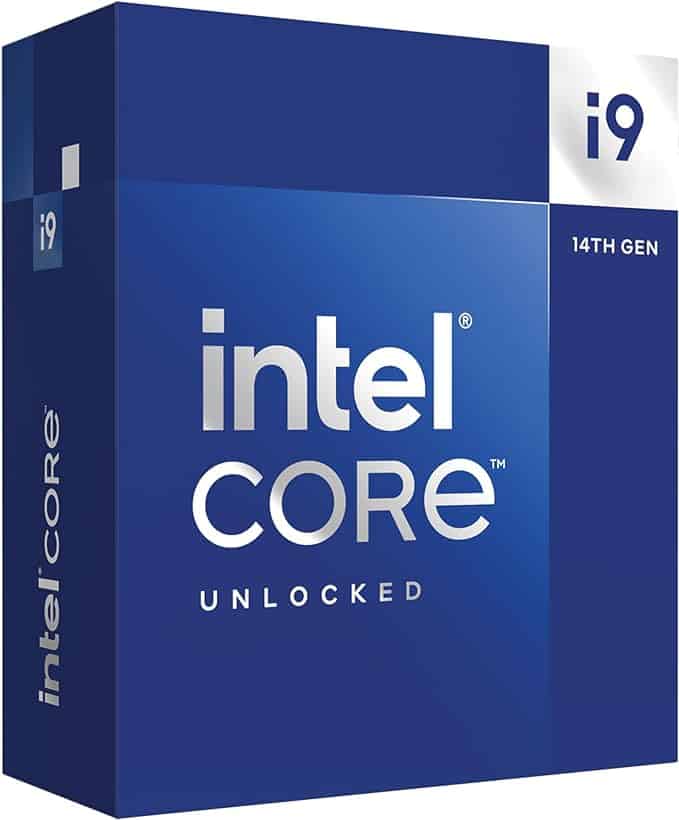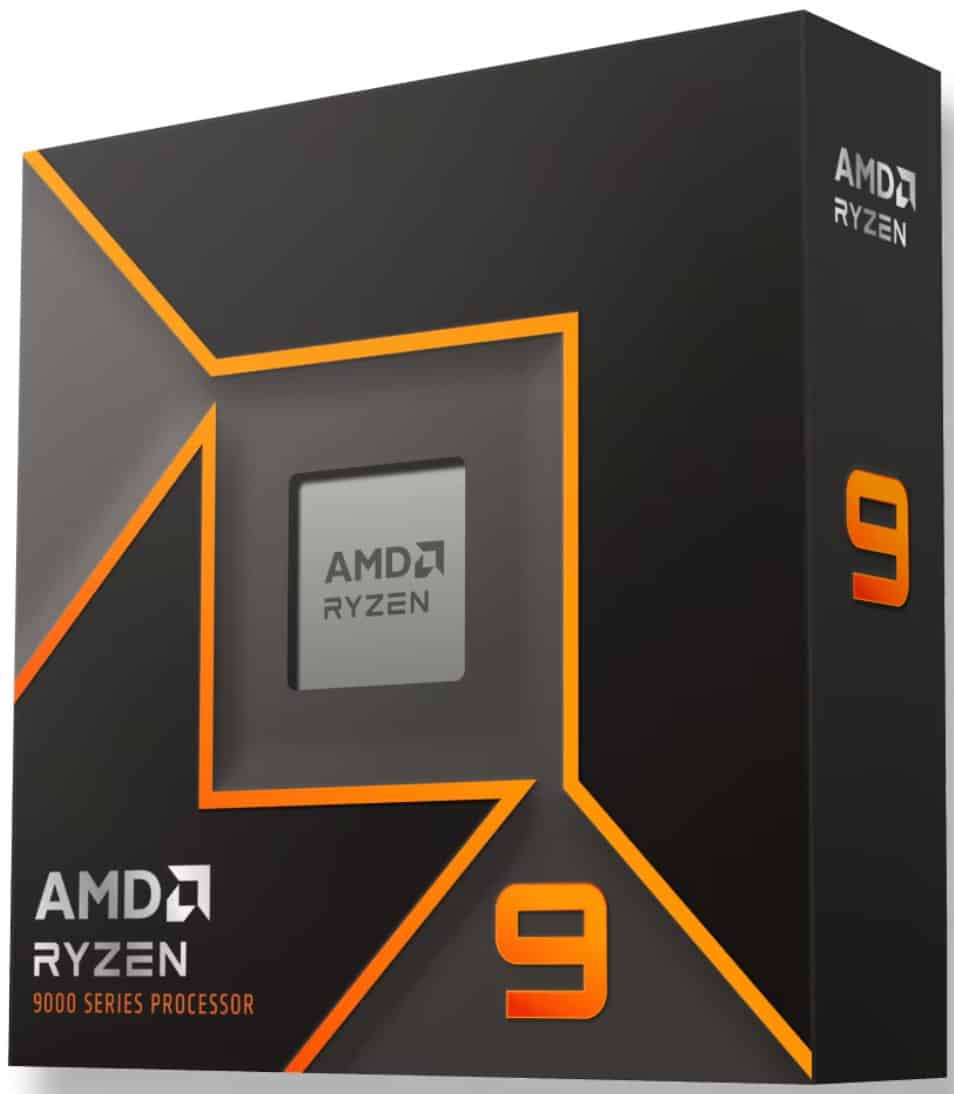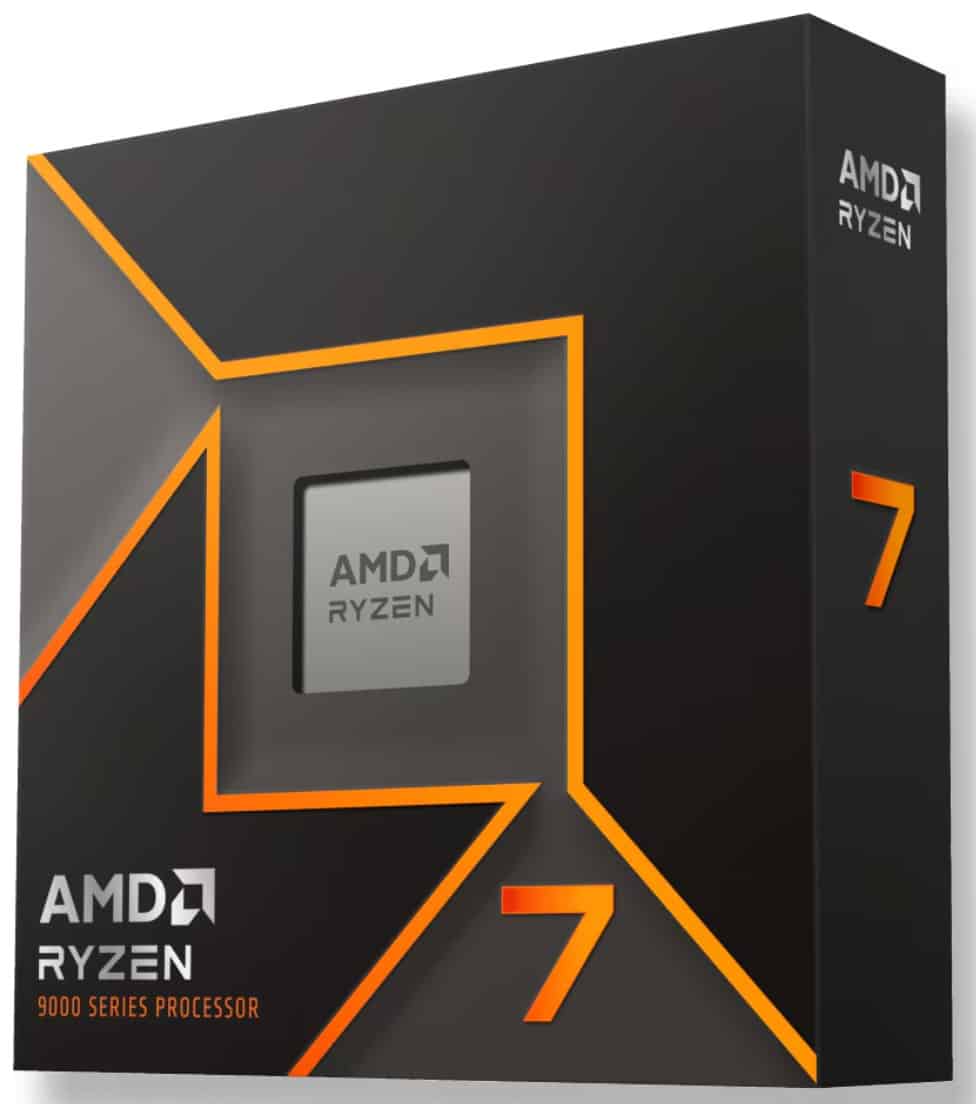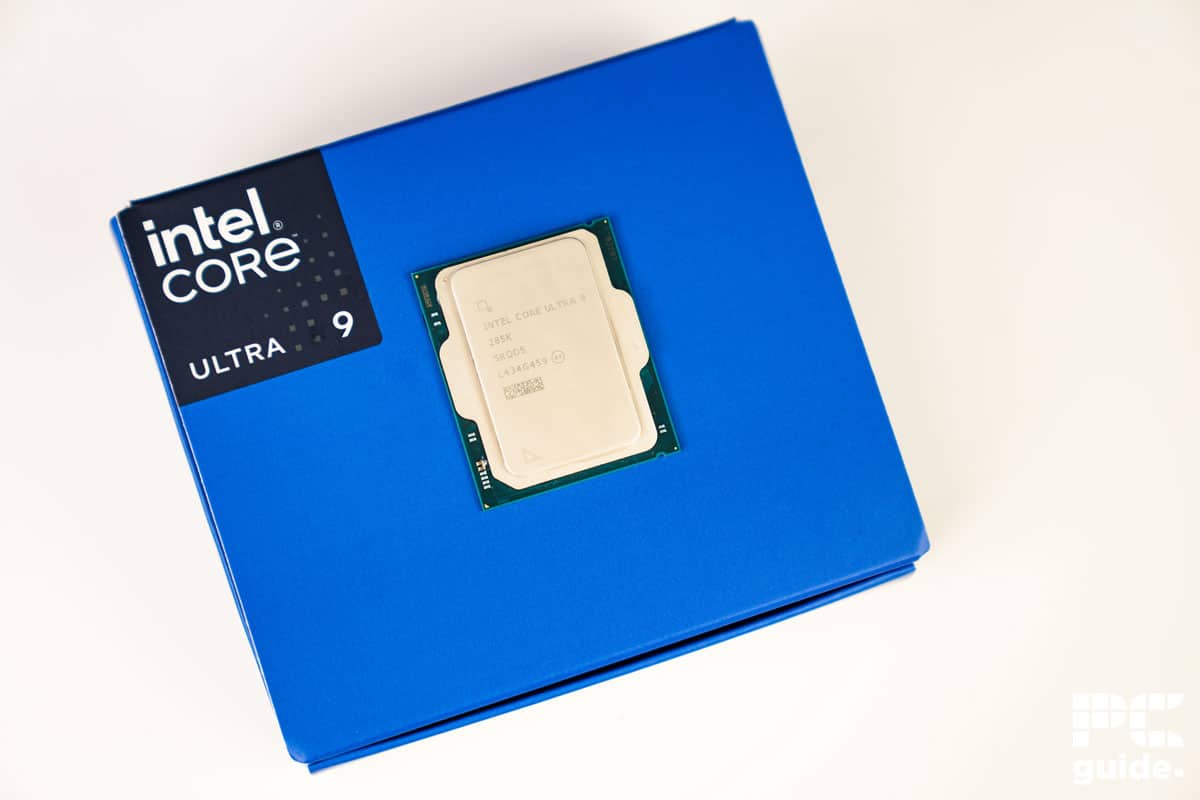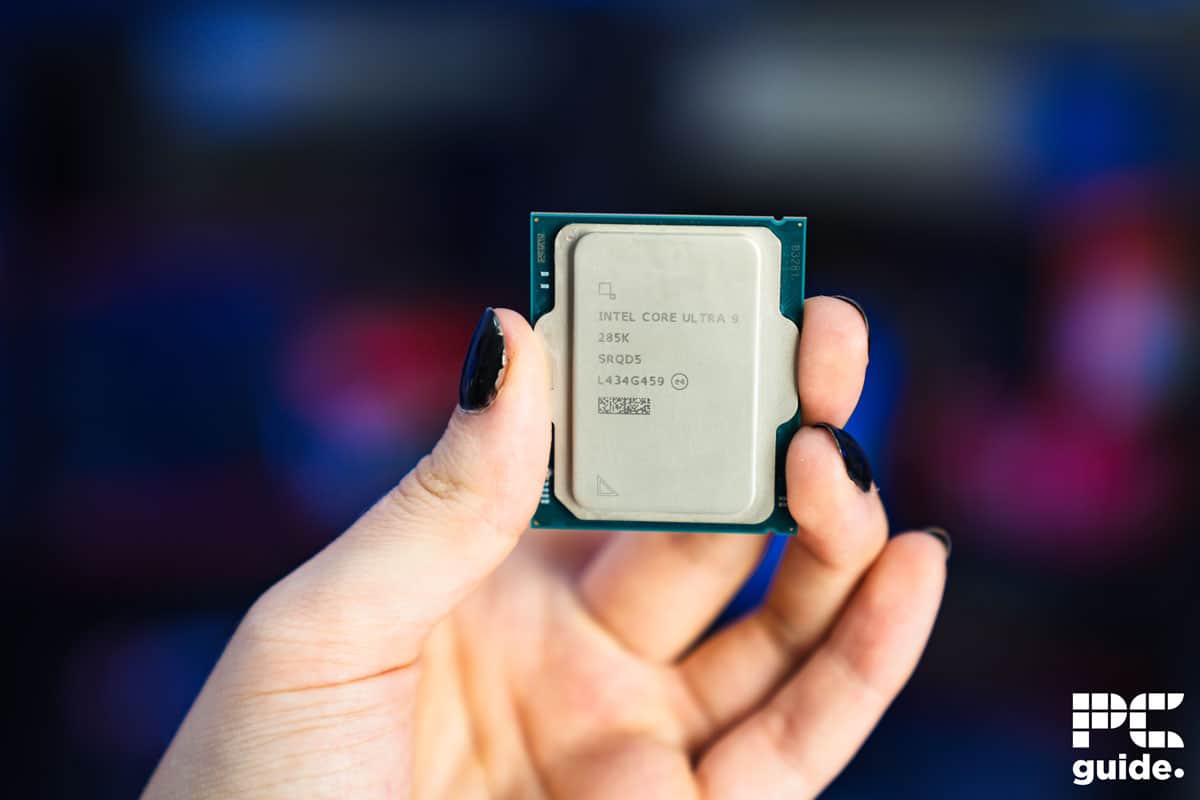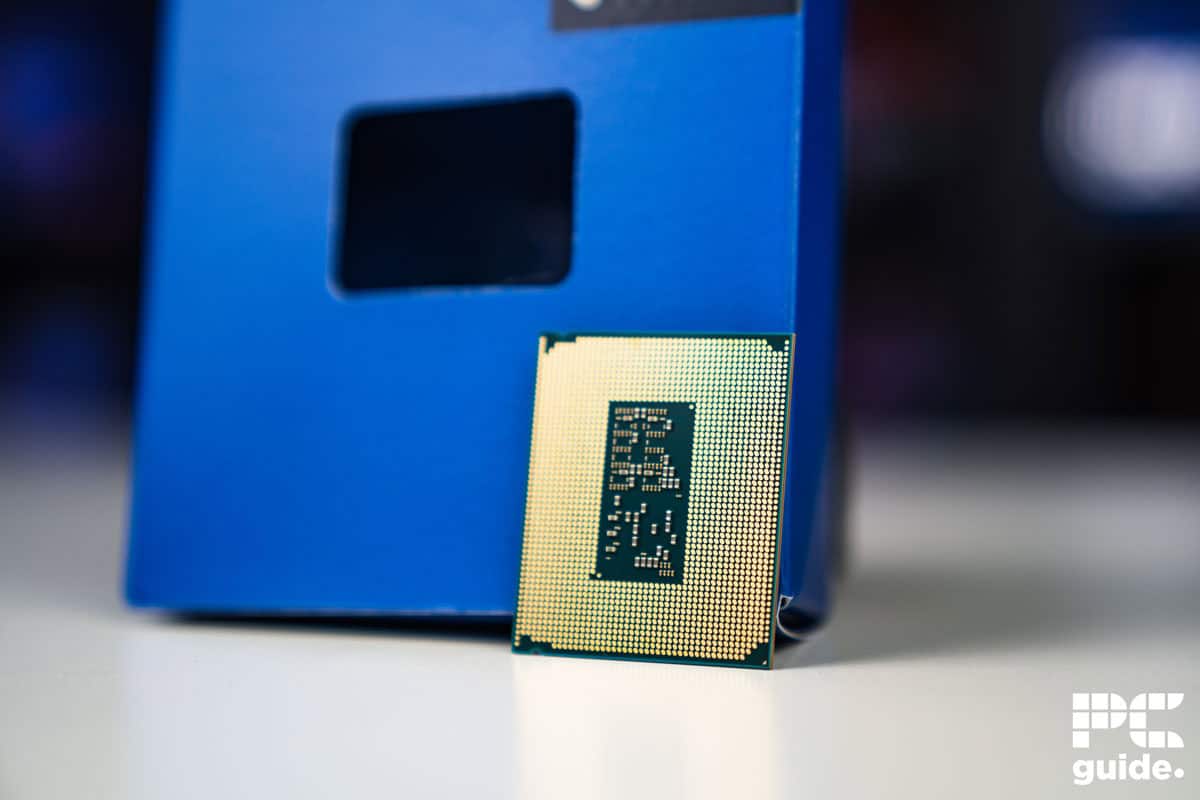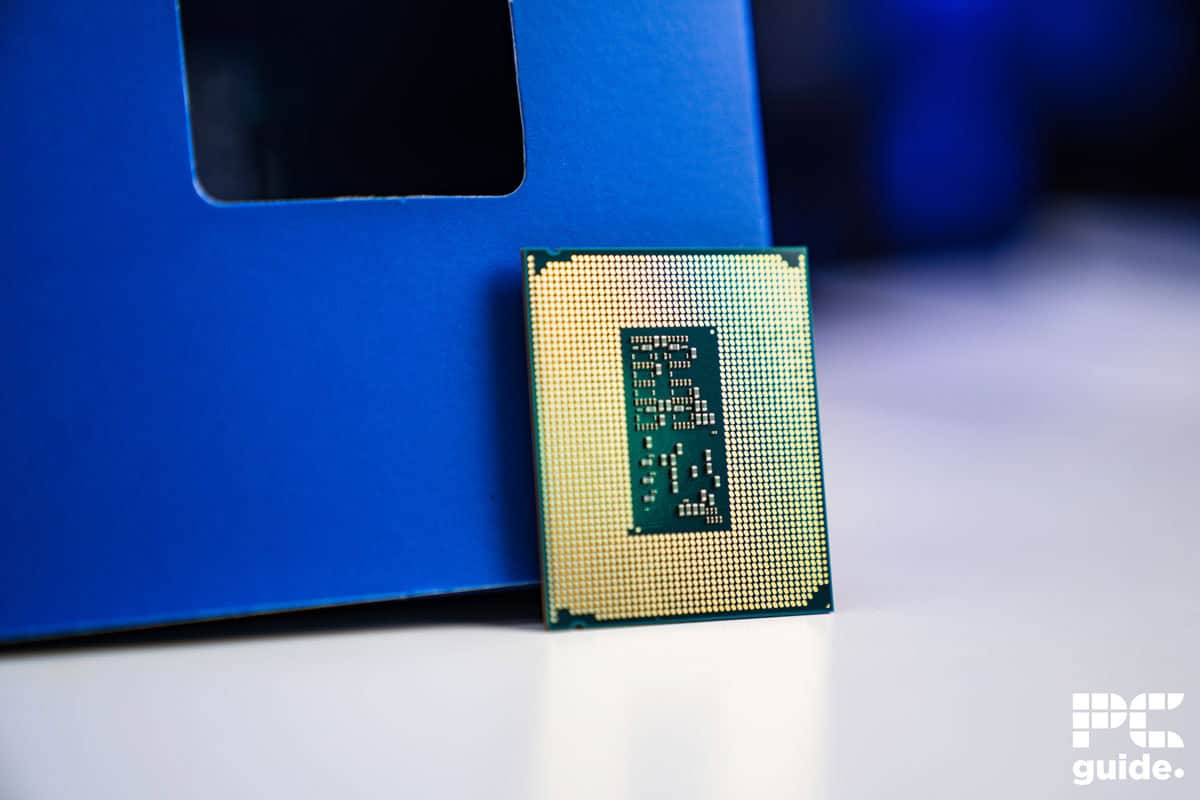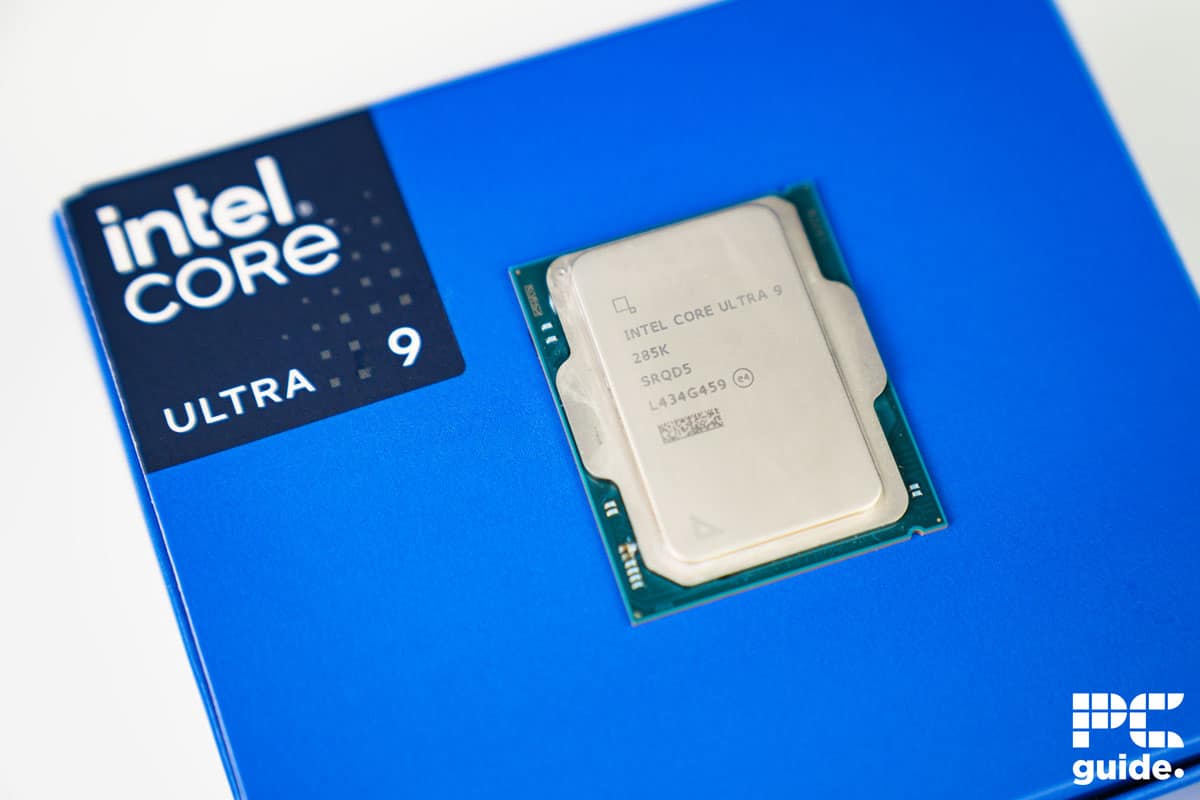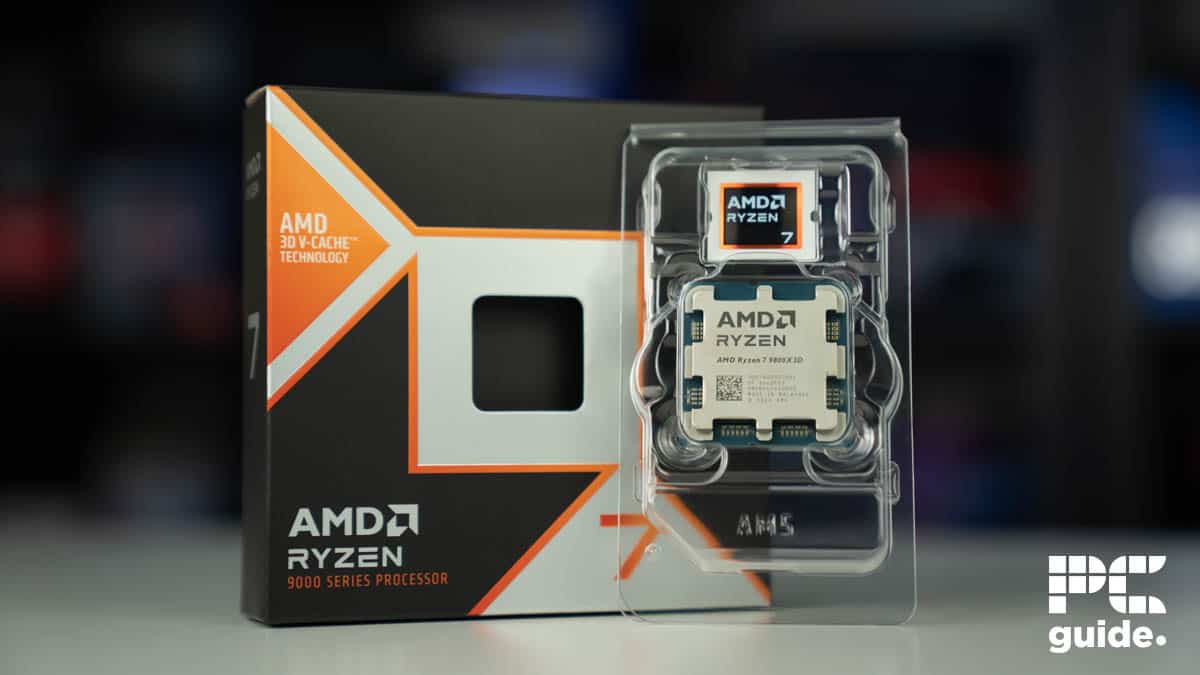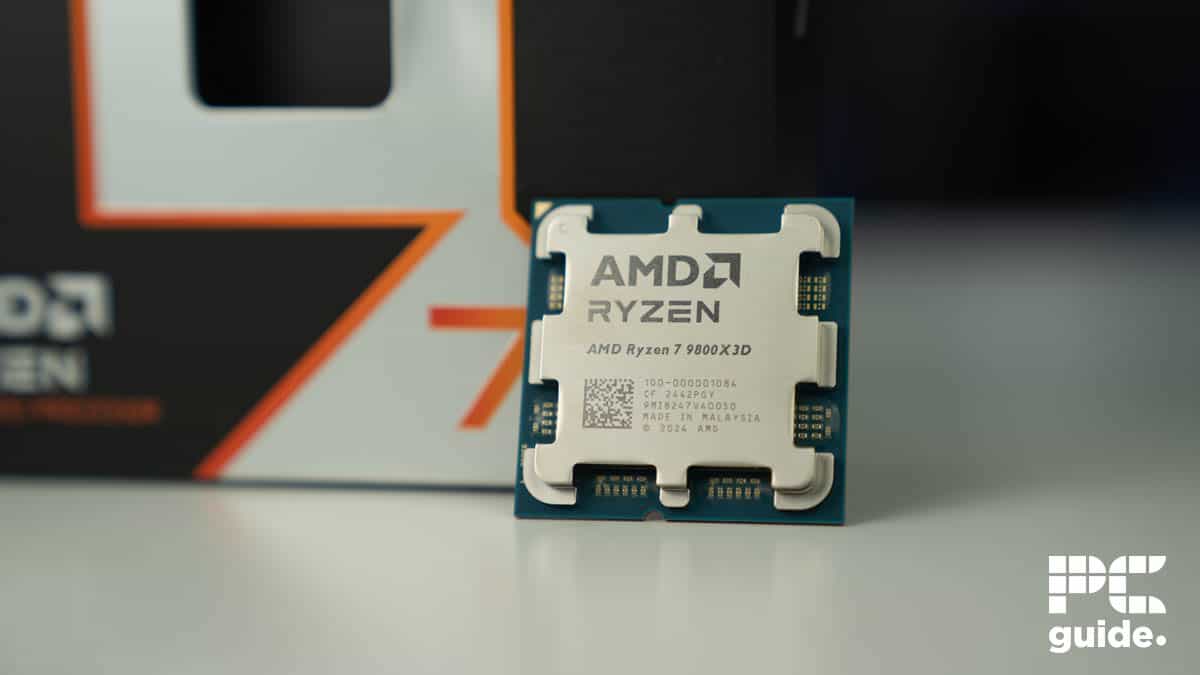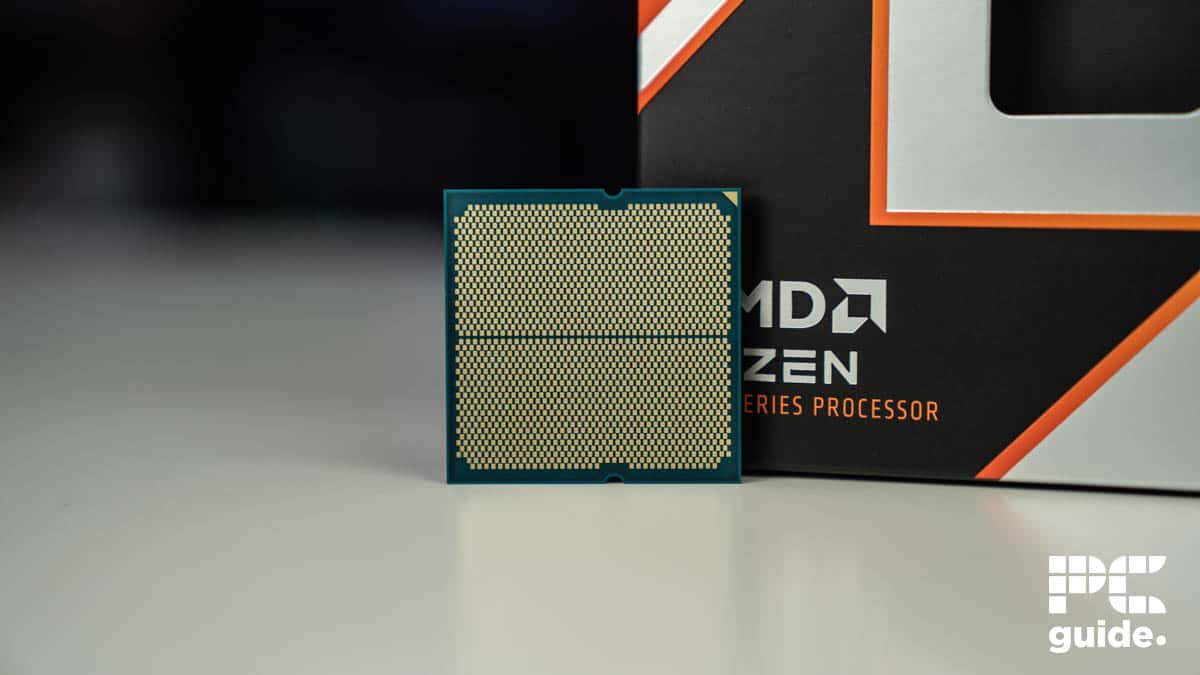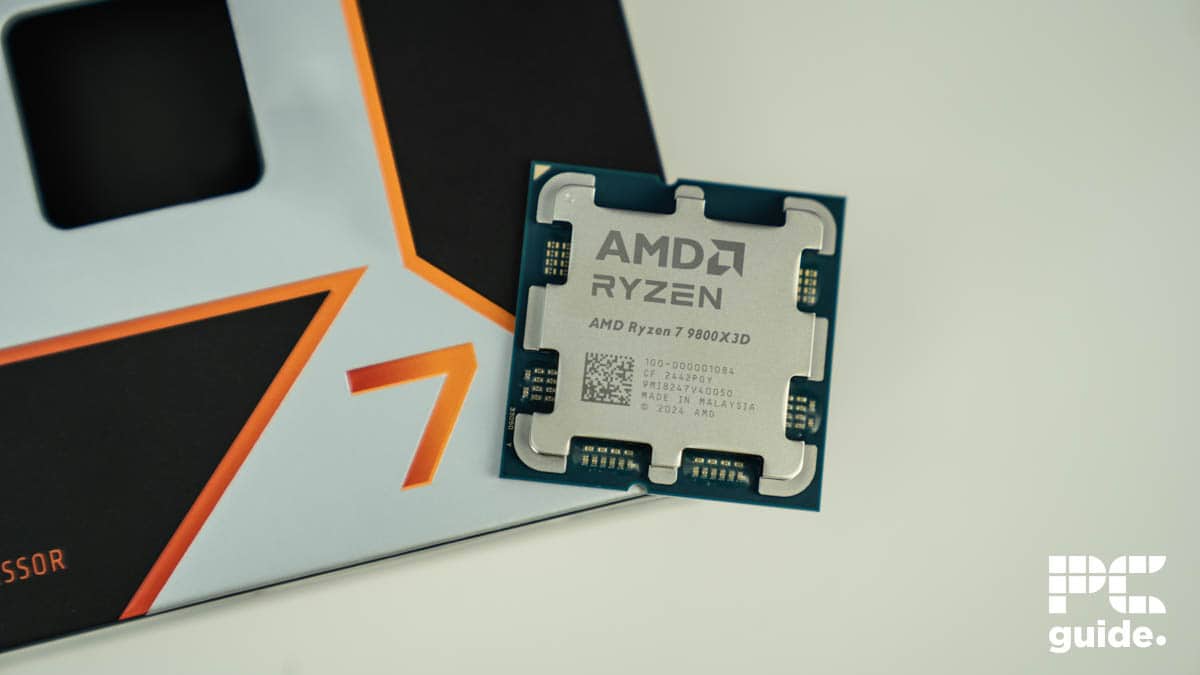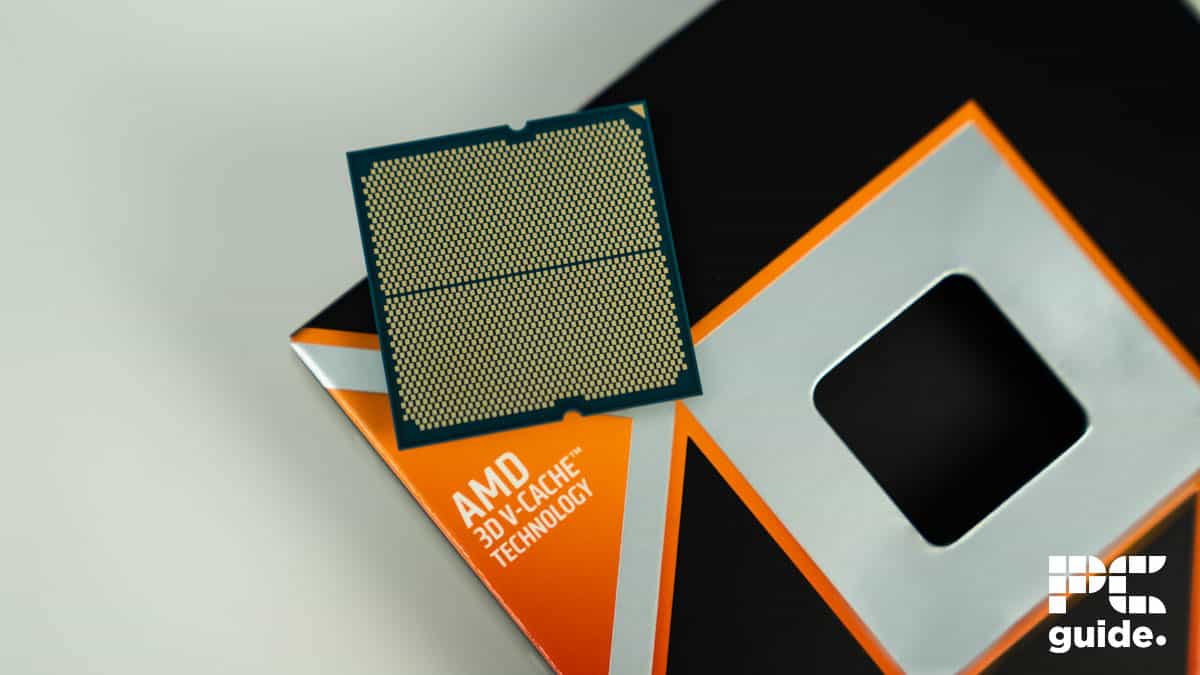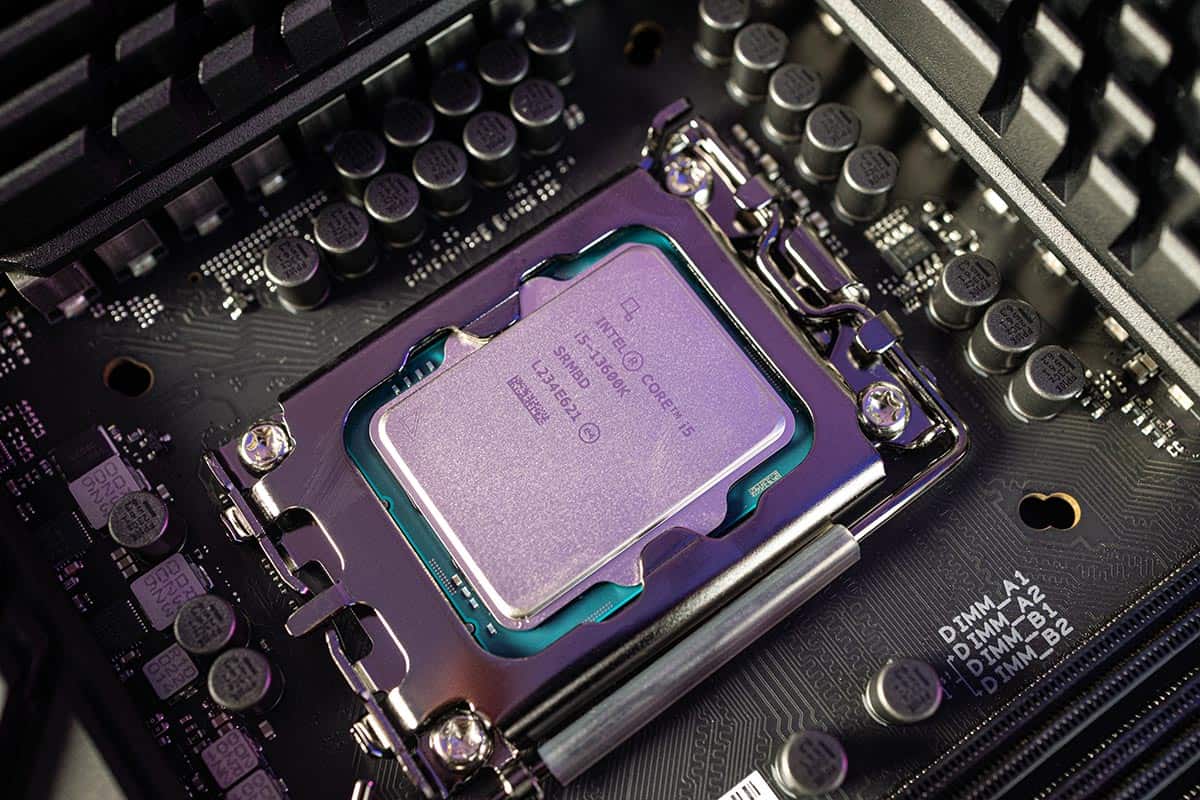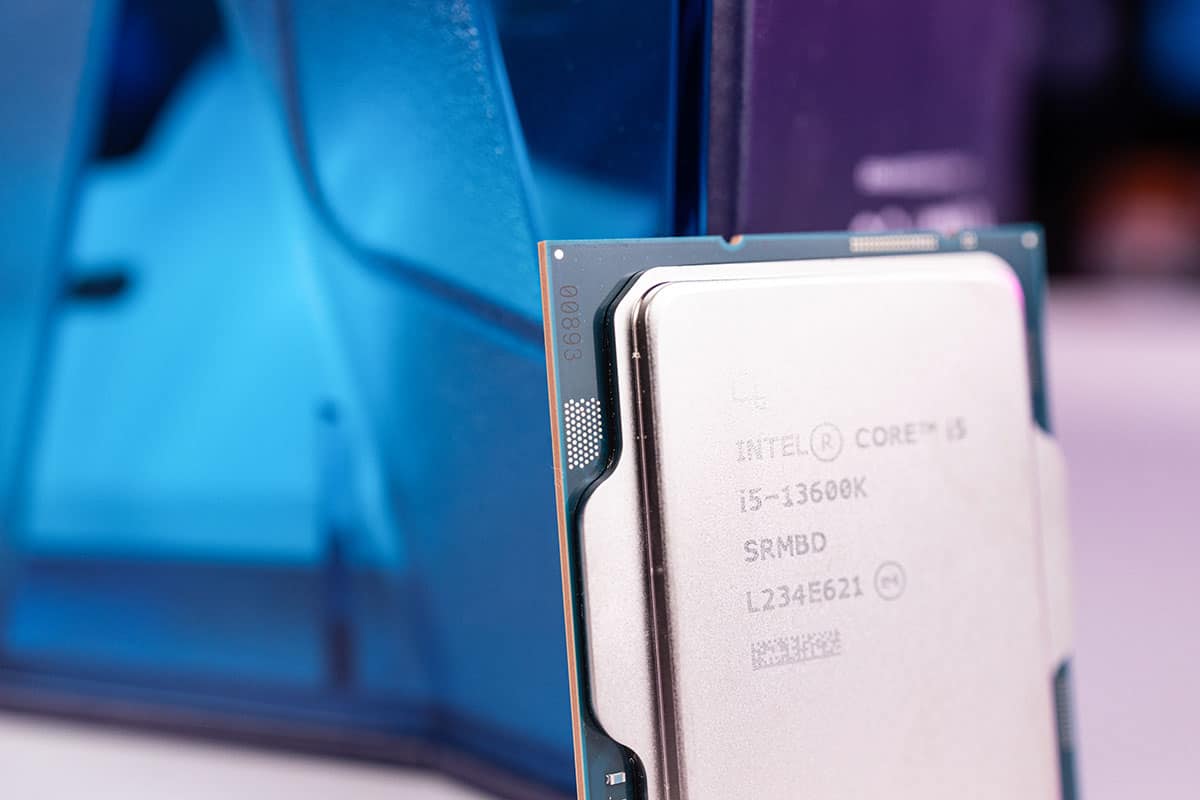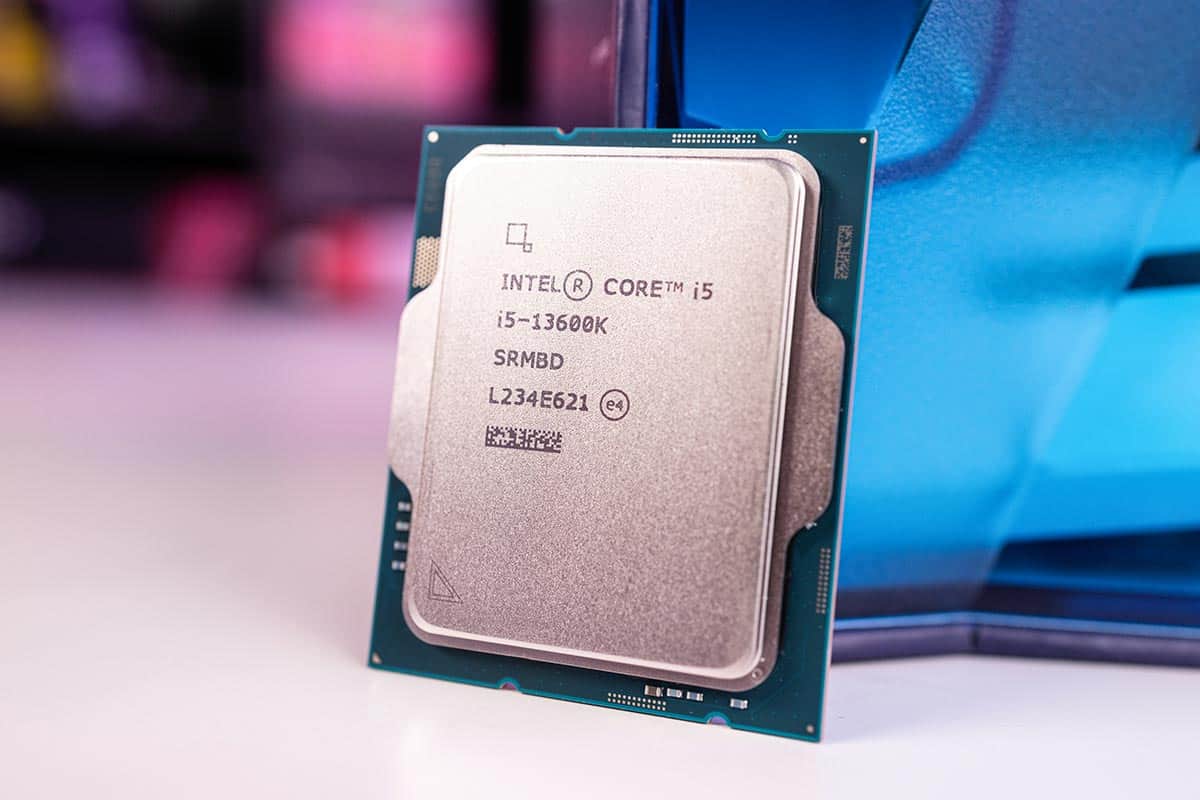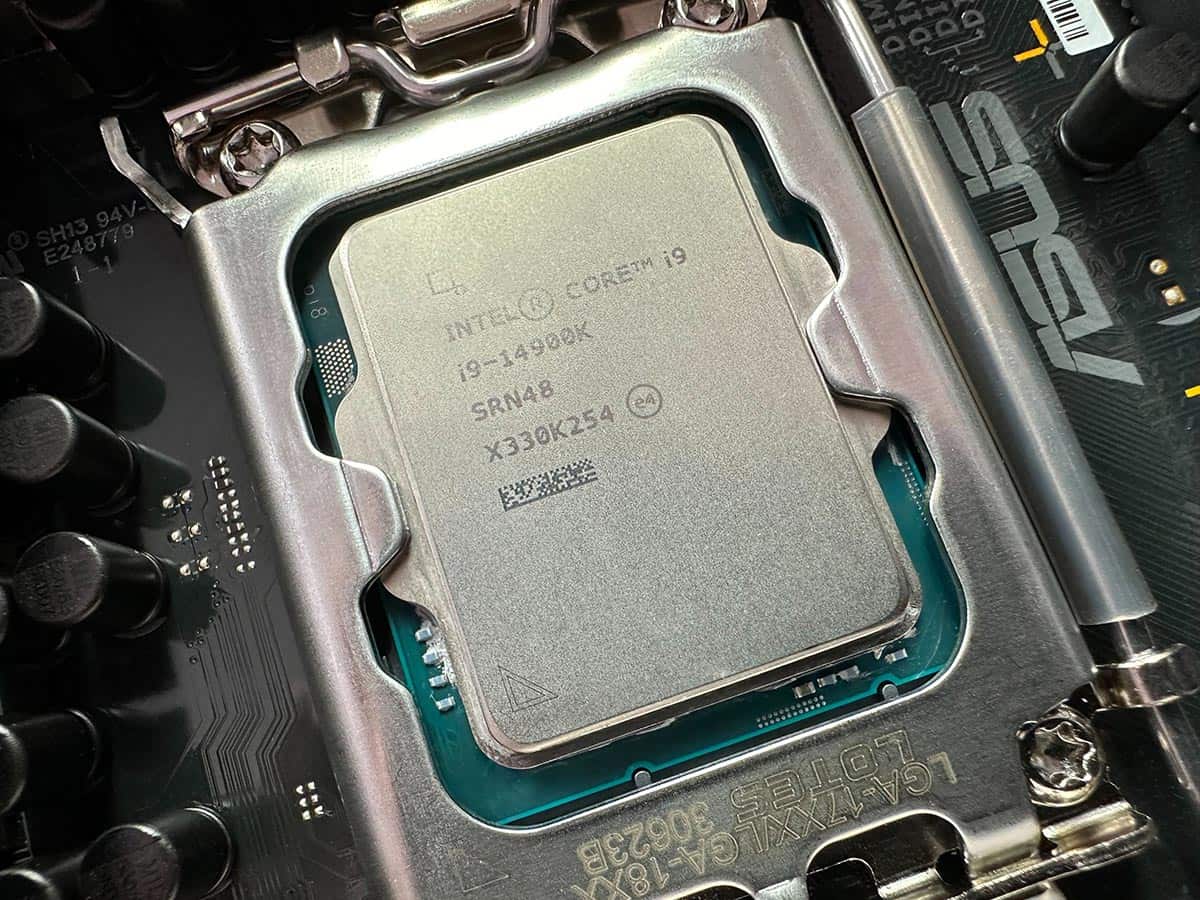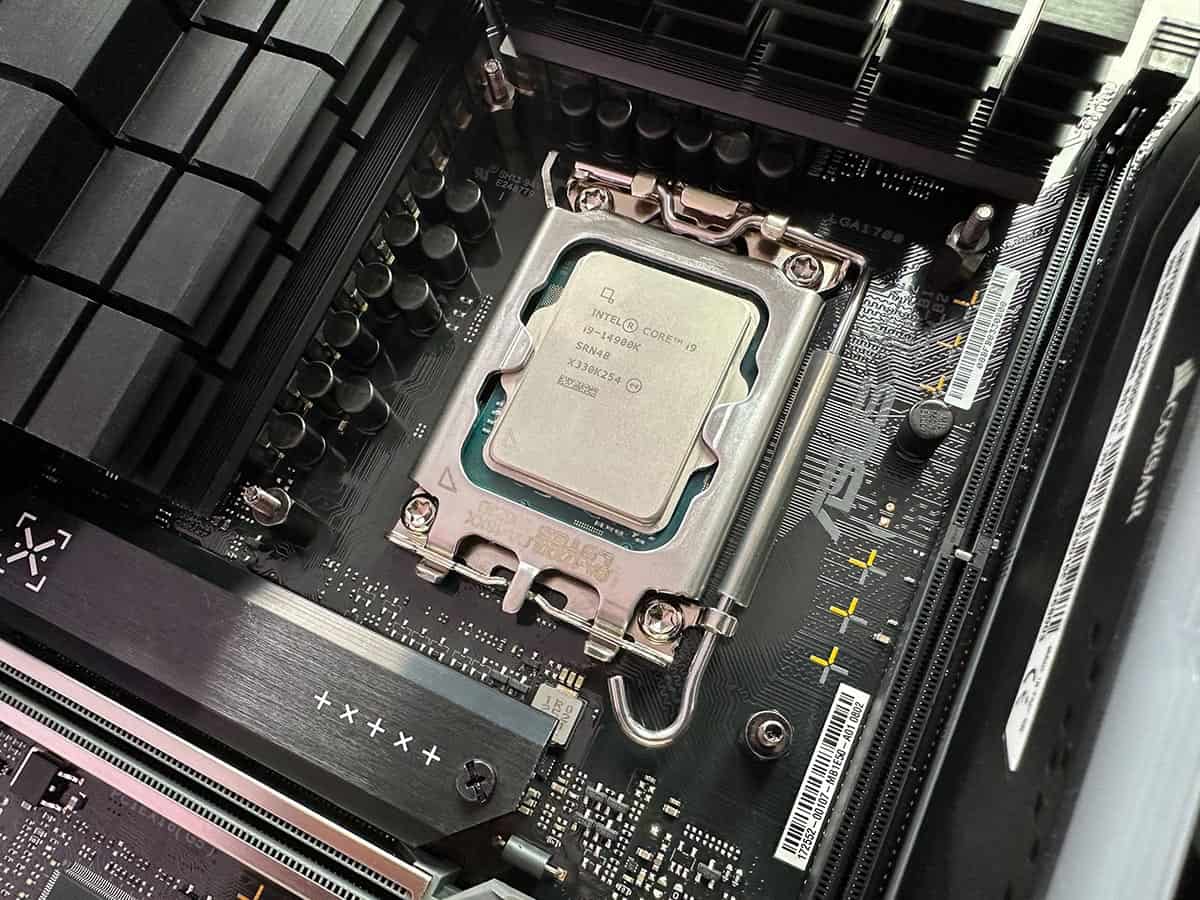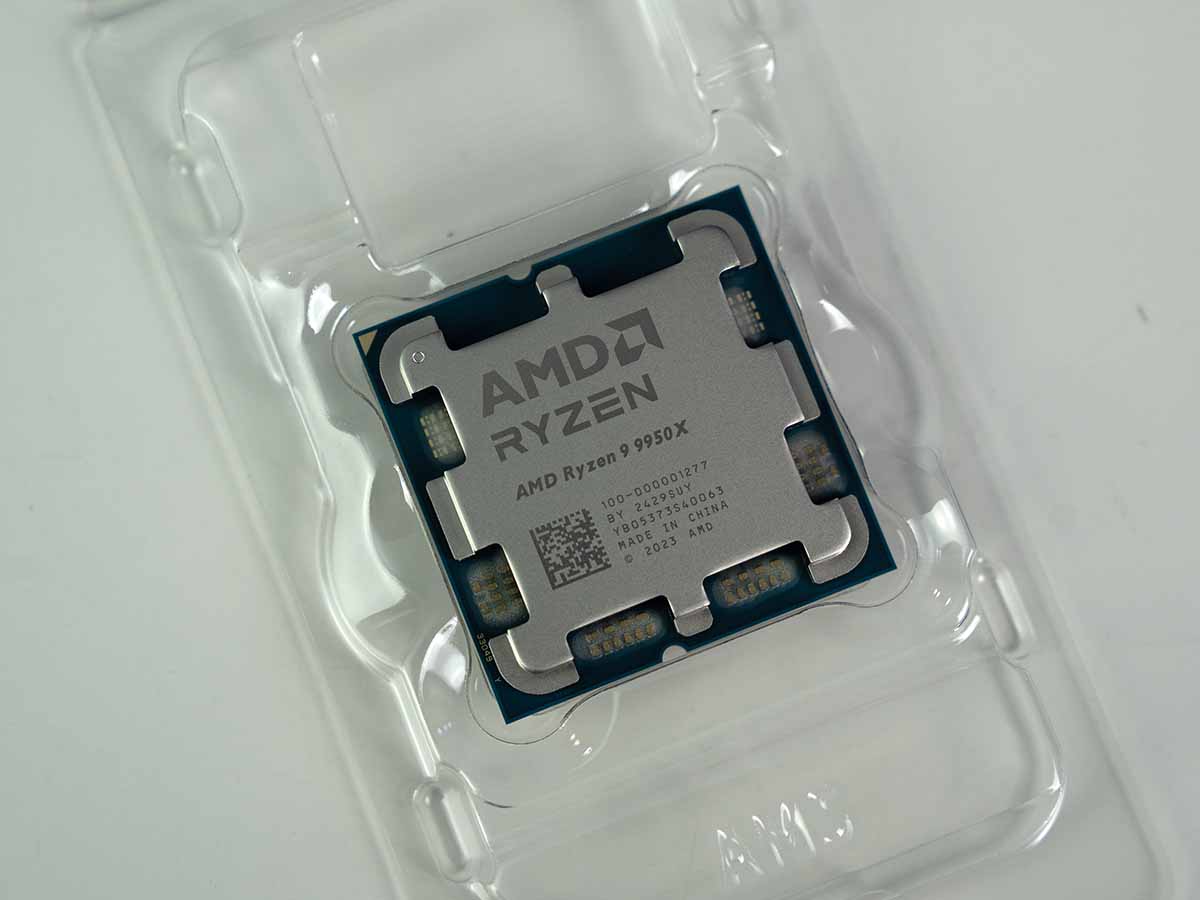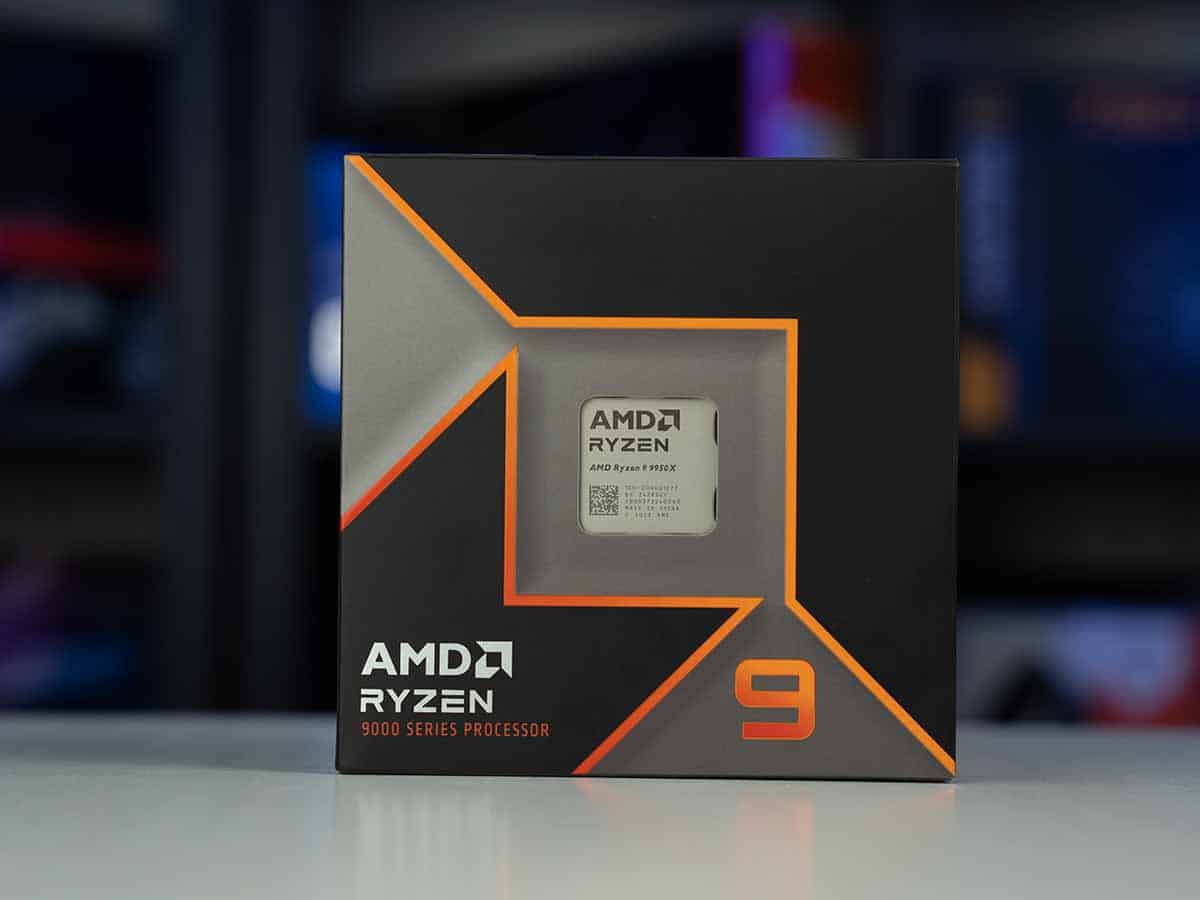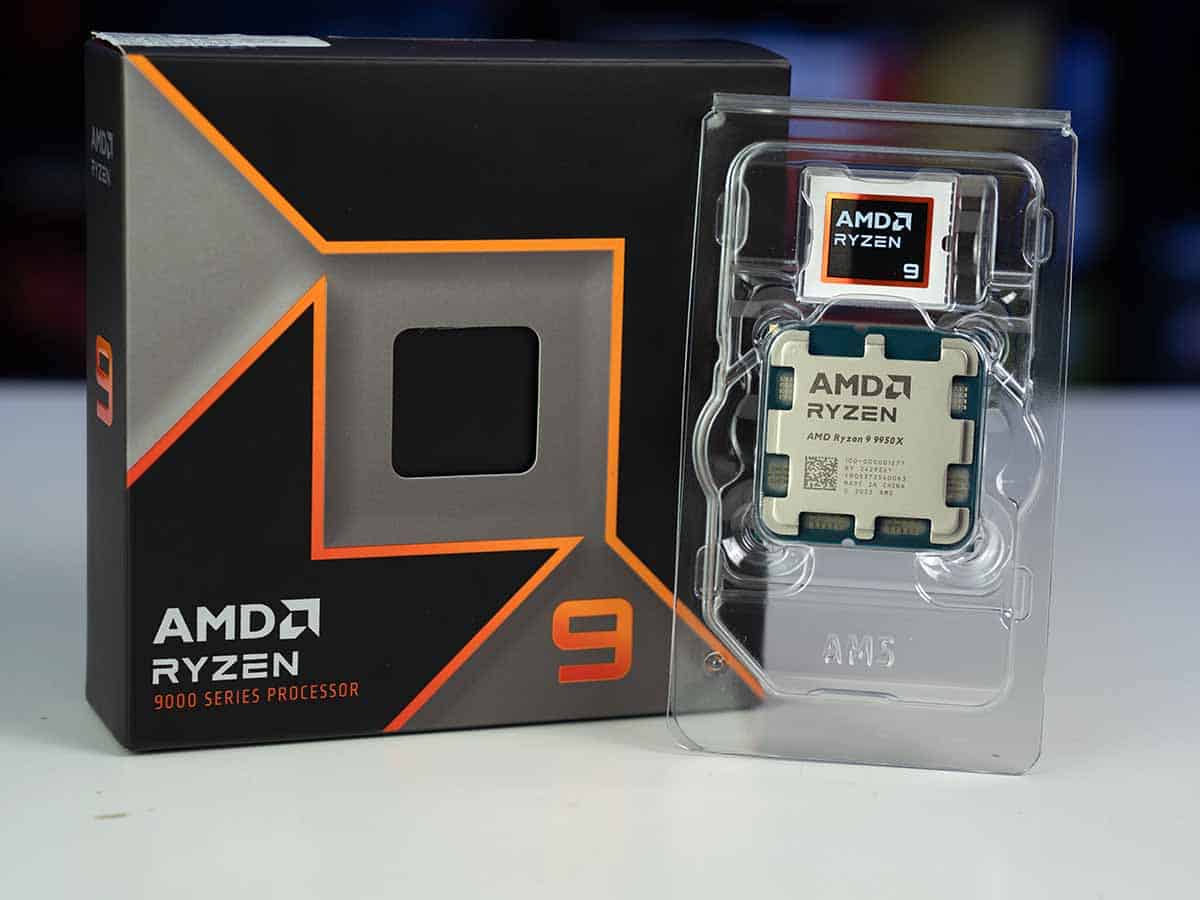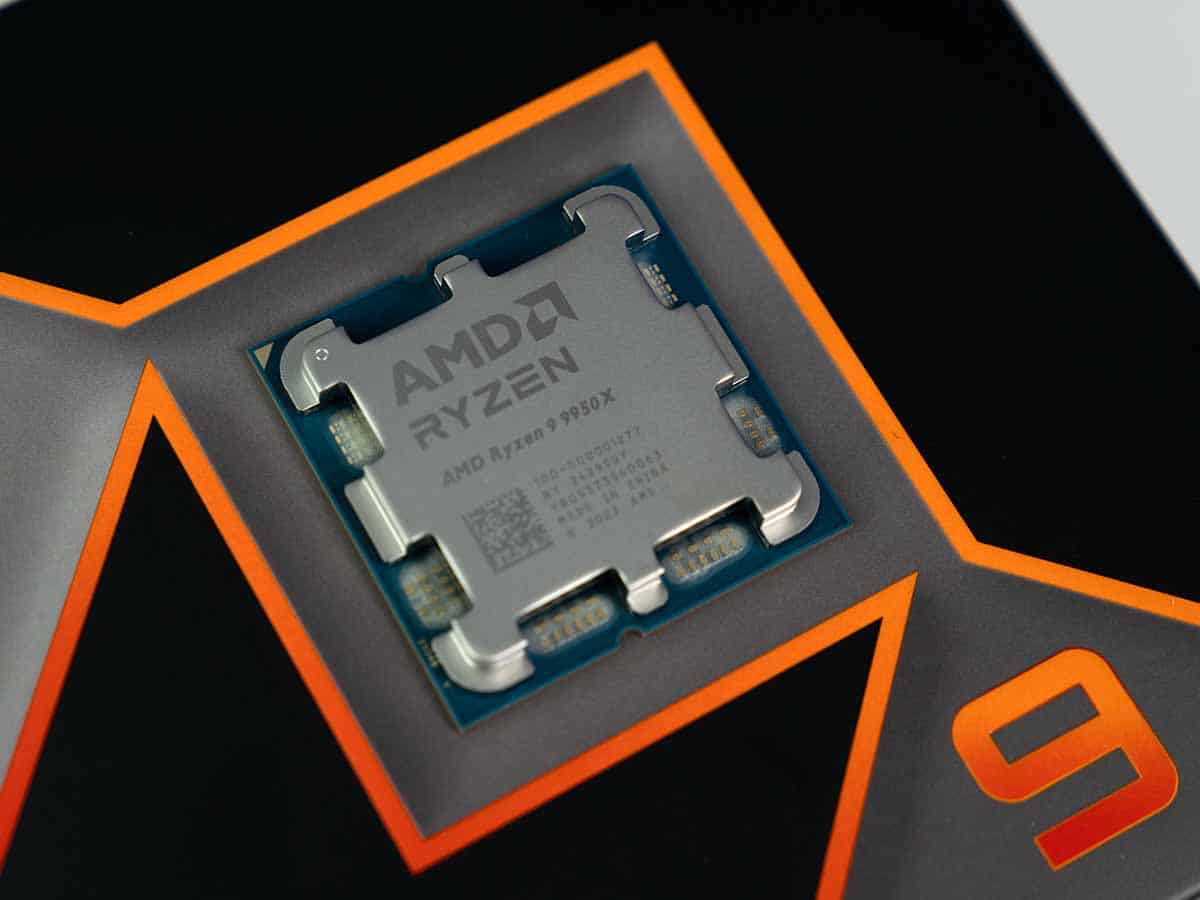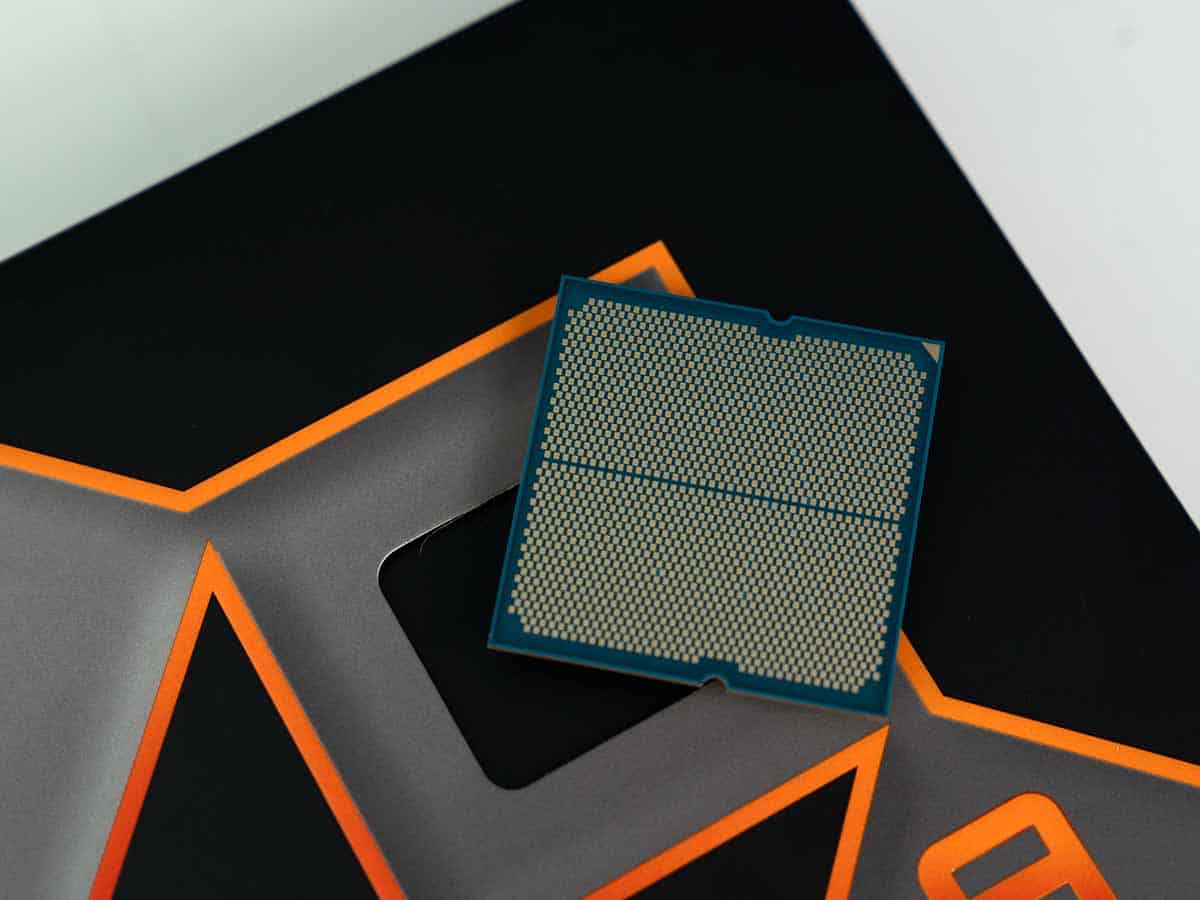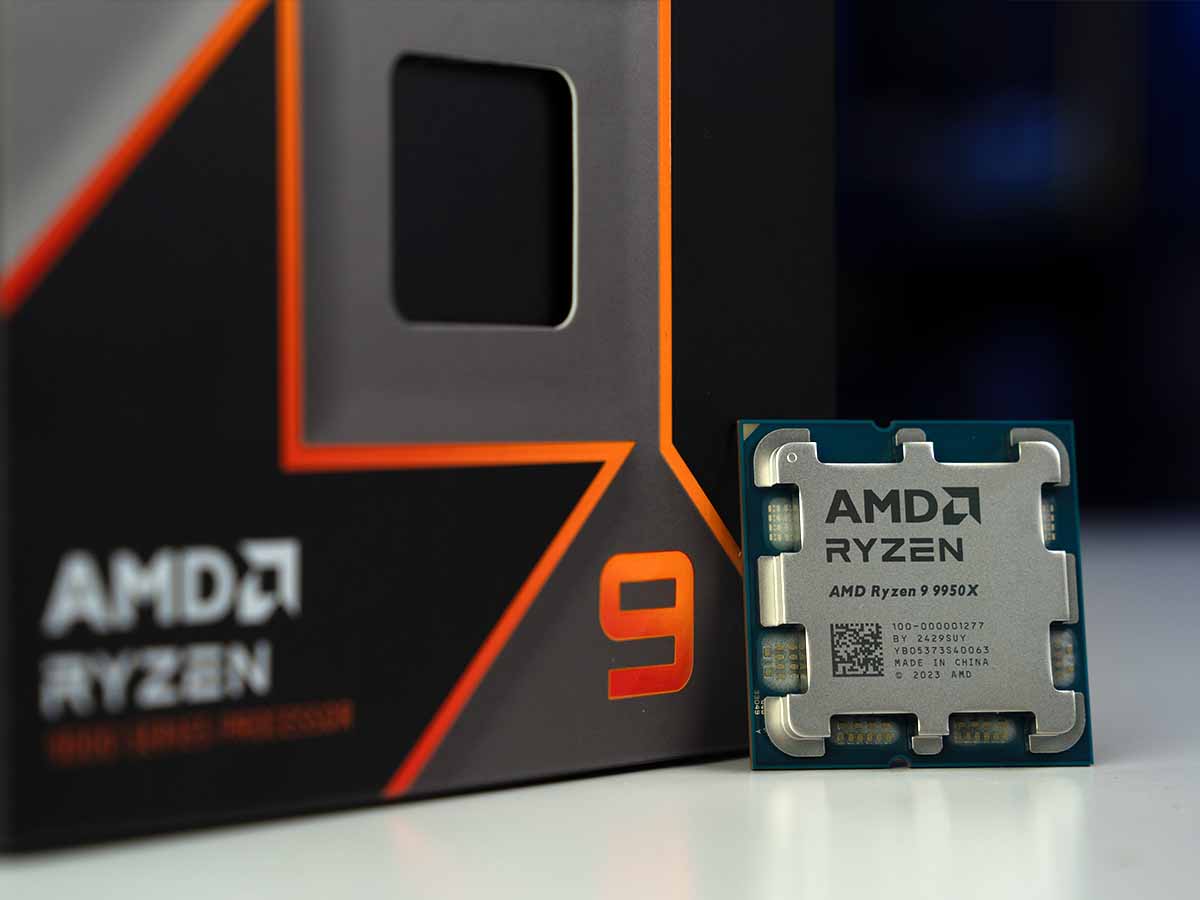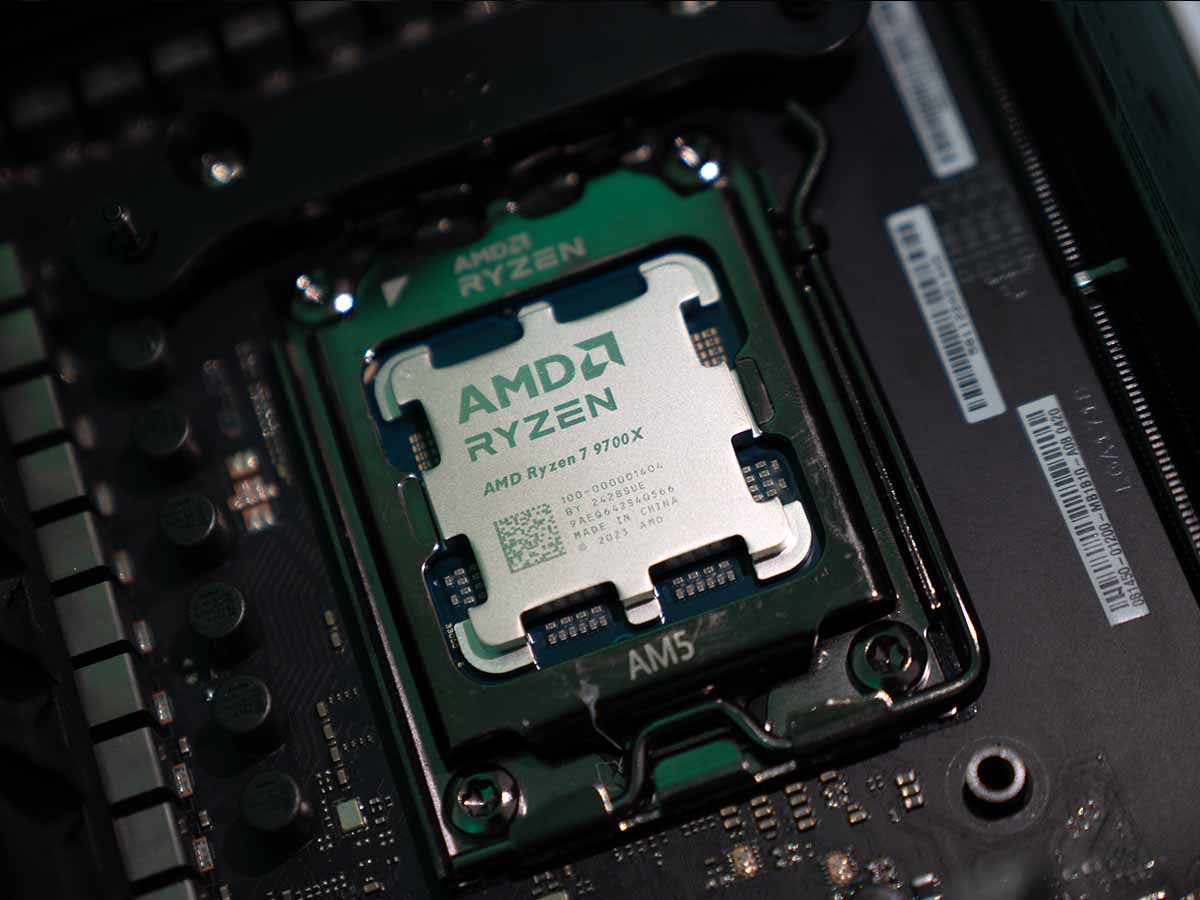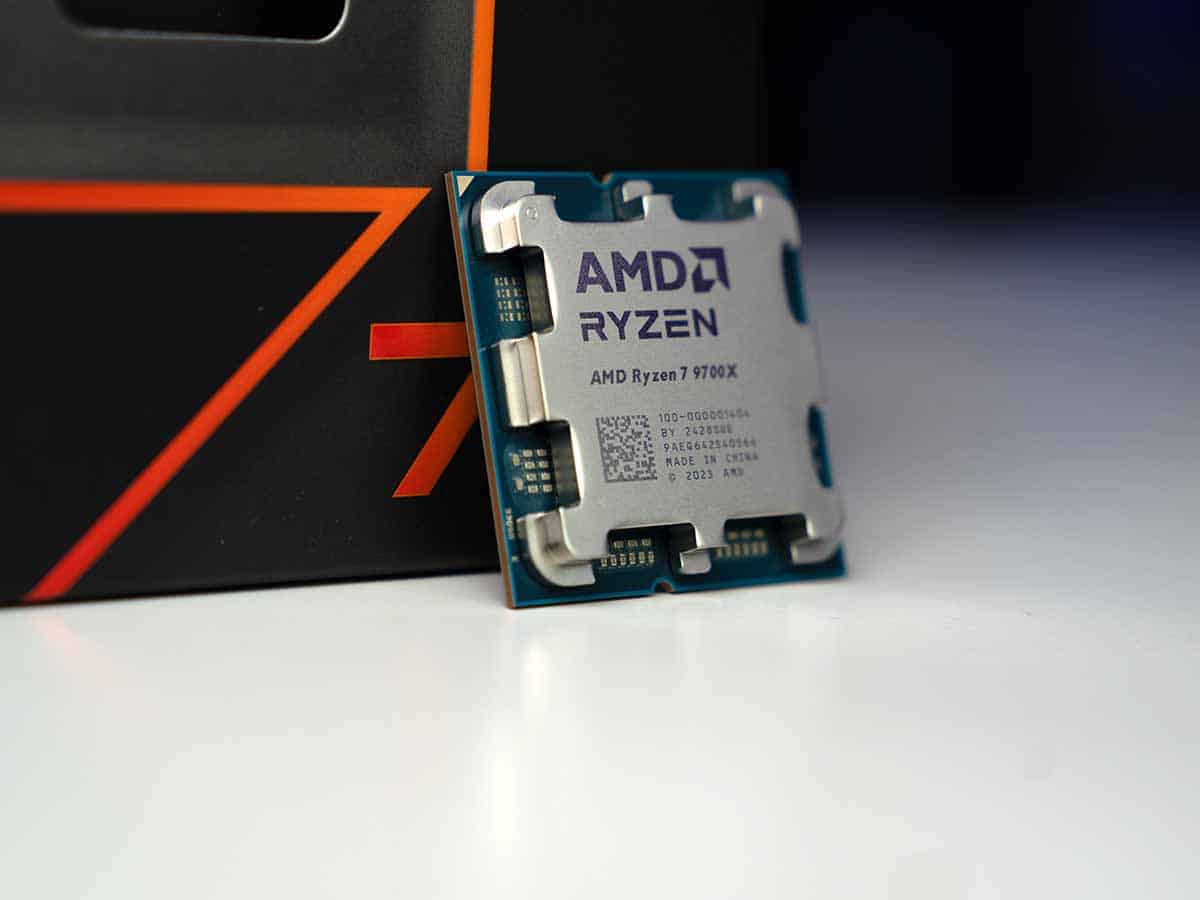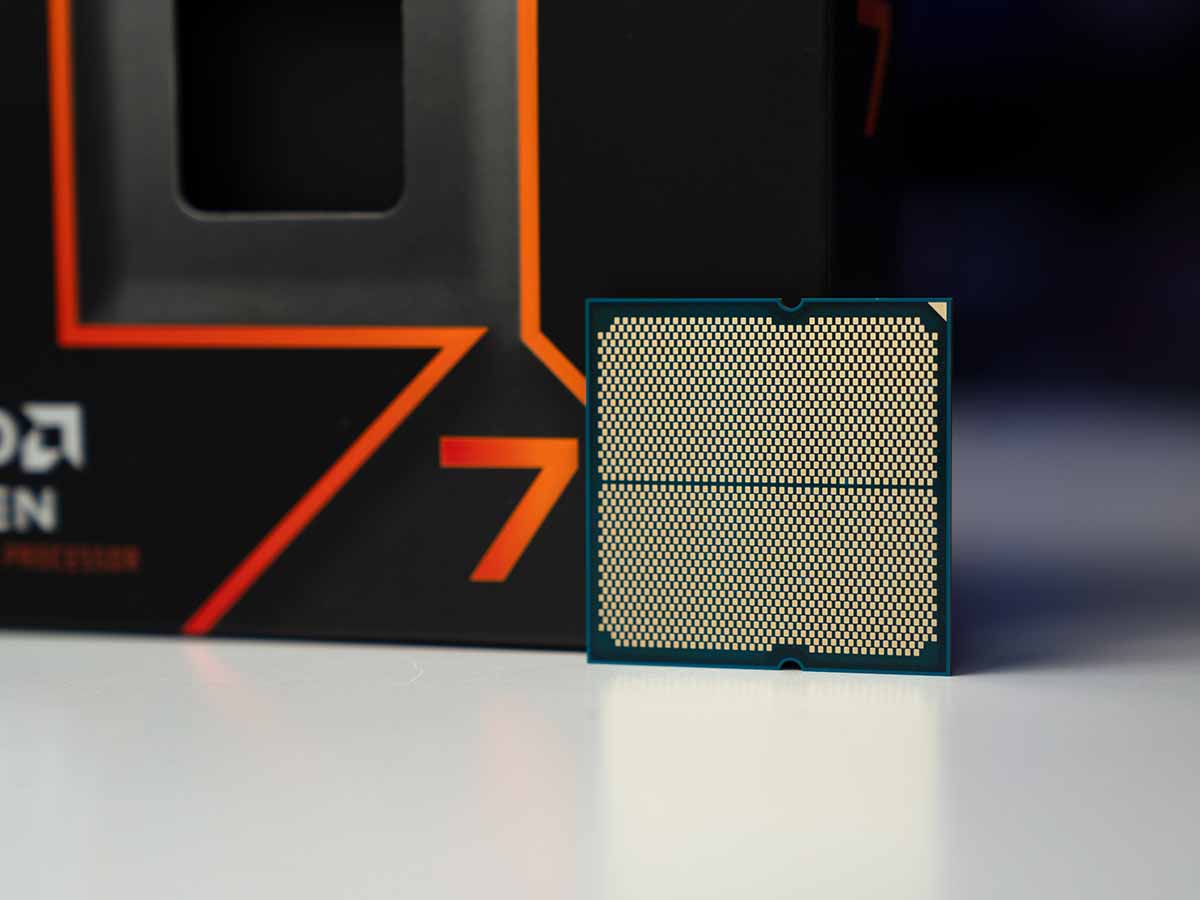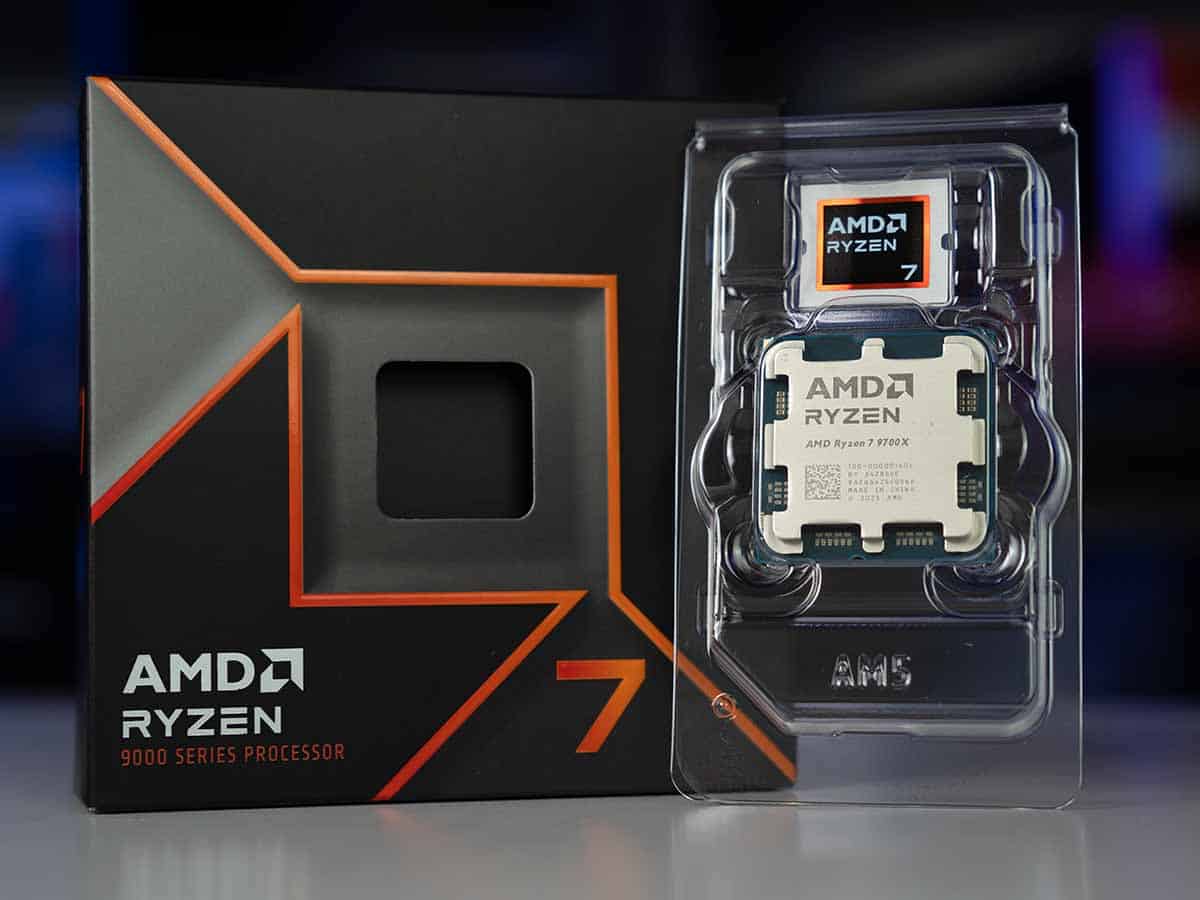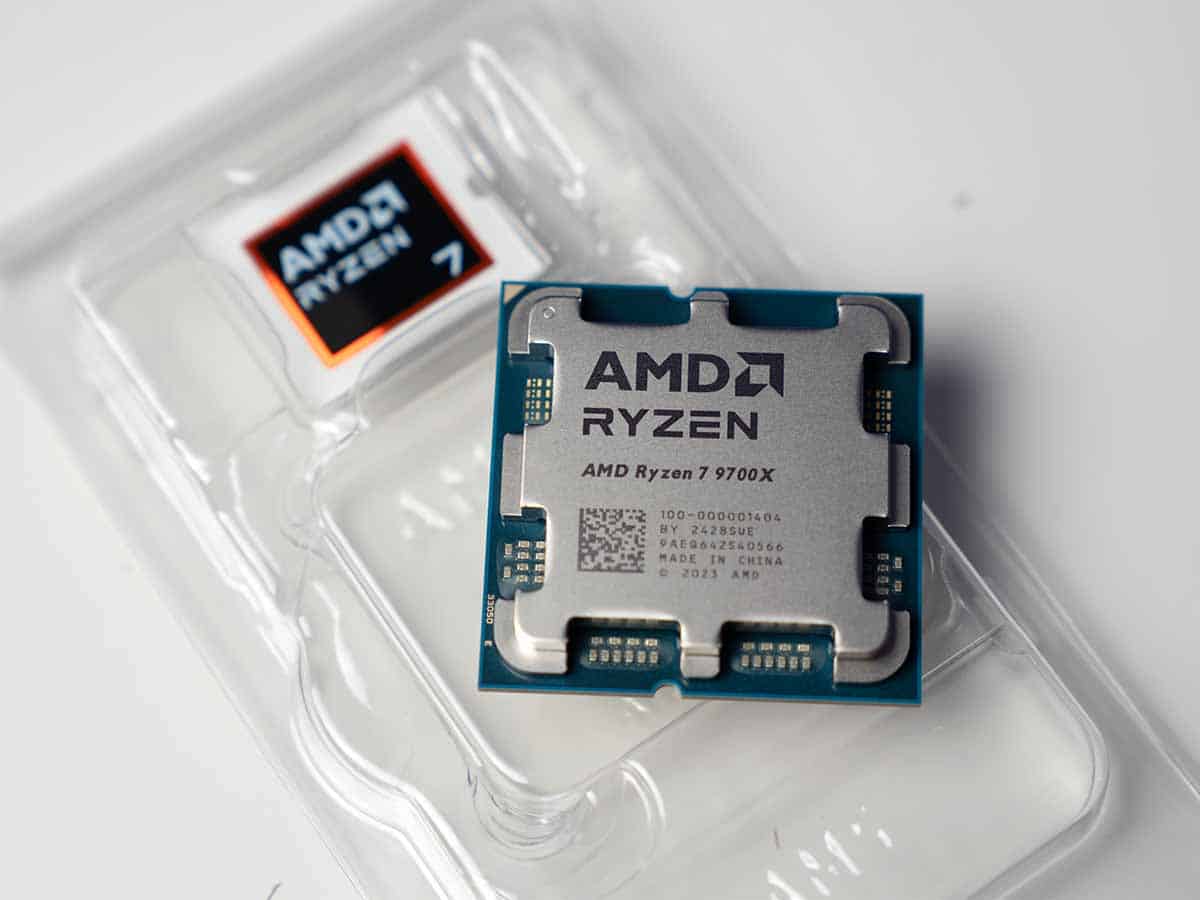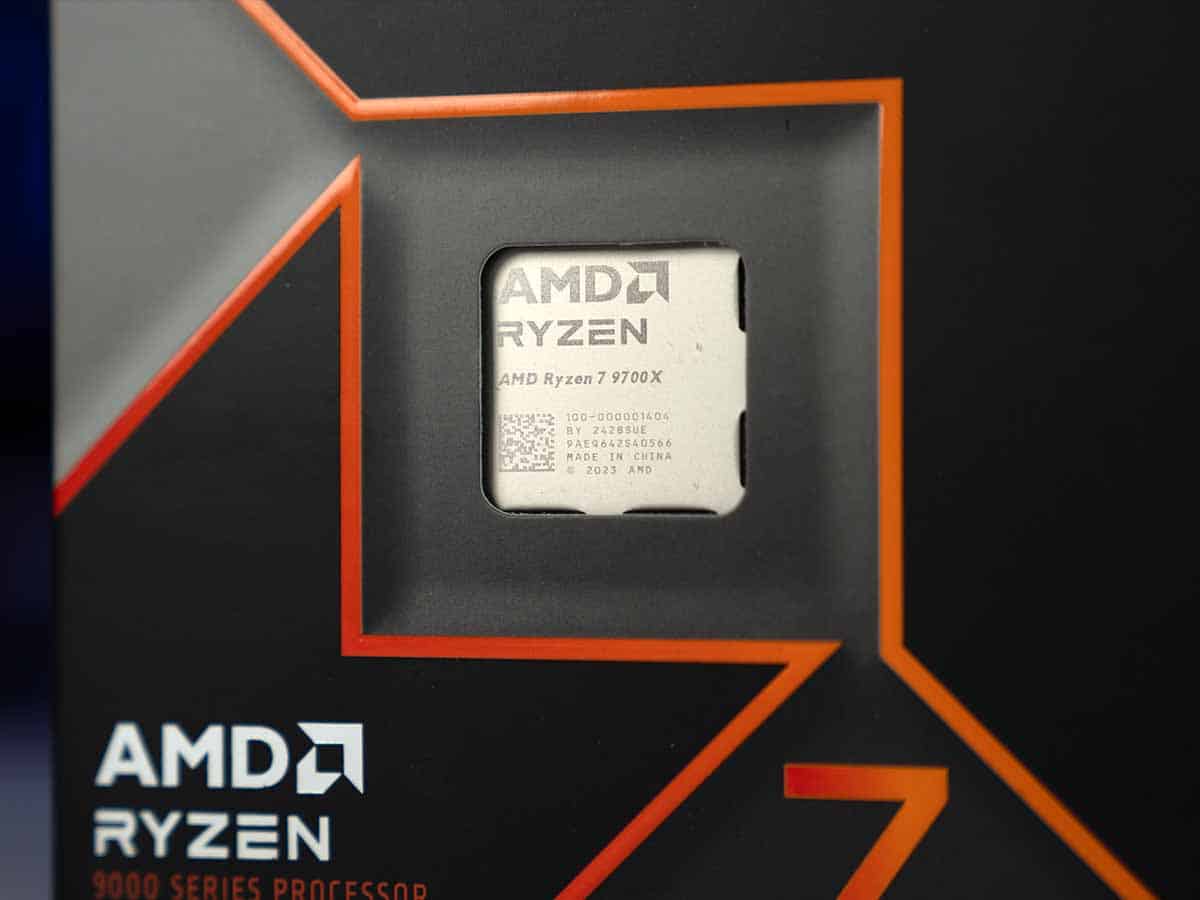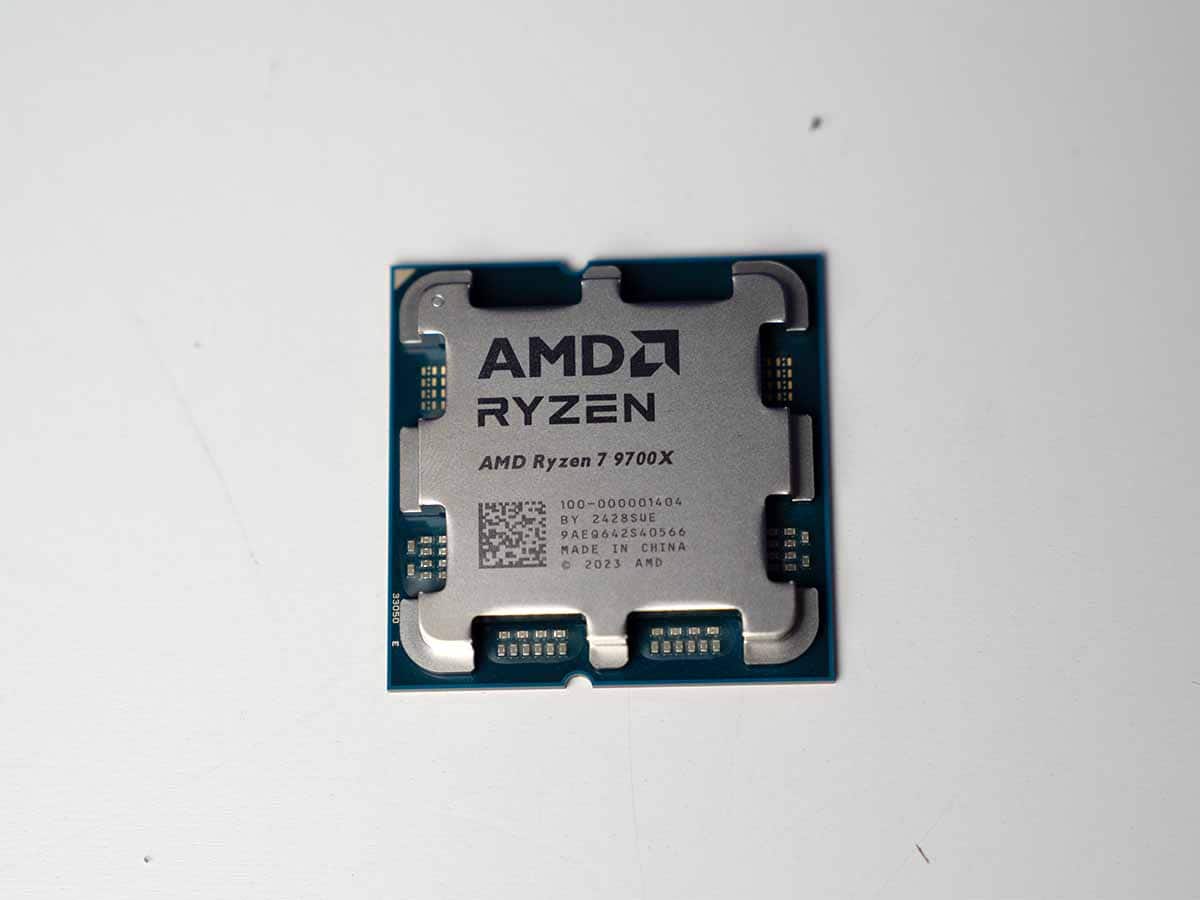Best CPU for video editing in 2025 – our top picks tested
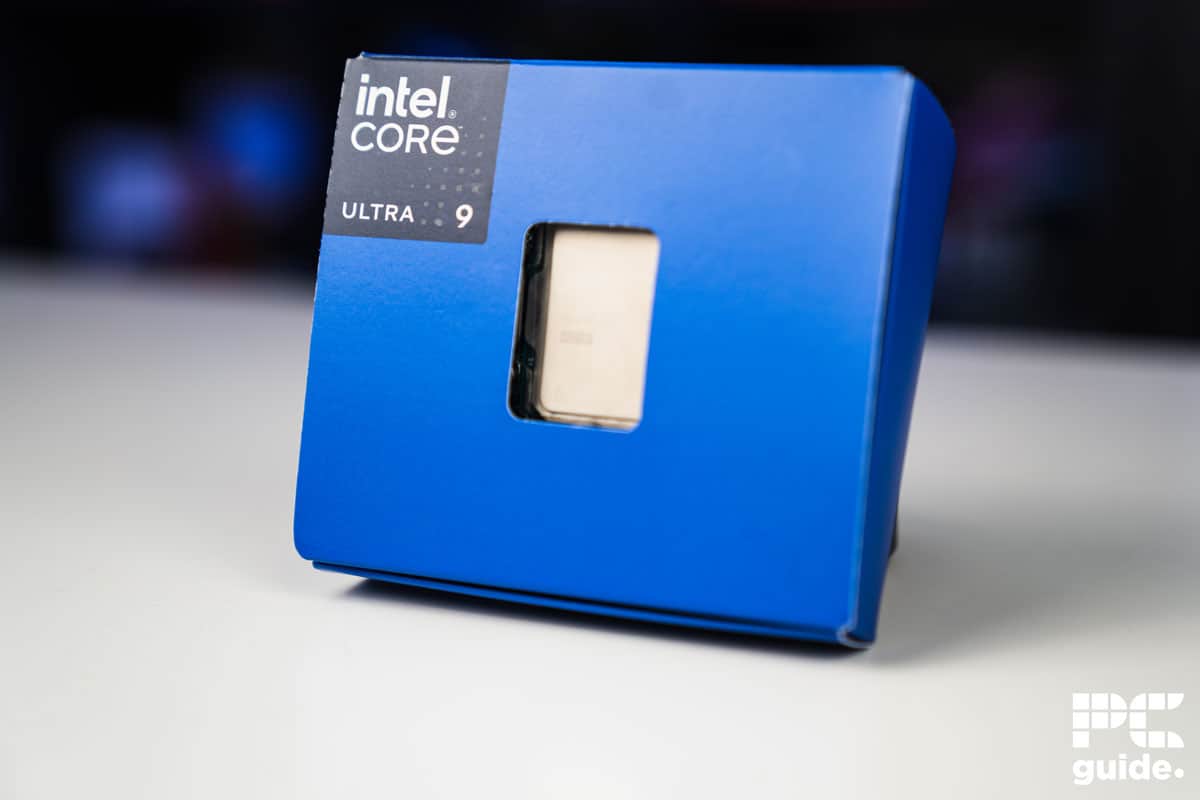
Table of Contents
Video editing is a resource-intensive task, and it isn’t surprising that most content creators have decked out their gaming PCs with a flagship processor at the core. According to Puget Systems, the 14900K is the best CPU for video editing, without getting a more dedicated Threadripper option.
For now, 285K is the go-to option besides Threadrippers and the older Intel CPUs, which are in a completely different league, for any content creator looking to push their content to the limits without compromise. This is especially true of rendering high-resolution projects at even higher frame rates, so if you want to stand out with quality videos on YouTube and other platforms, then keep these models firmly in mind.
Prime Day is finally here! Find all the biggest tech and PC deals below.
- Sapphire 11348-03-20G Pulse AMD Radeon™ RX 9070 XT Was $779 Now $739
- AMD Ryzen 7 7800X3D 8-Core, 16-Thread Desktop Processor Was $449 Now $341
- ASUS RTX™ 5060 OC Edition Graphics Card Was $379 Now $339
- LG 77-Inch Class OLED evo AI 4K C5 Series Smart TV Was $3,696 Now $2,796
- Intel® Core™ i7-14700K New Gaming Desktop Was $320.99 Now $274
- Lexar 2TB NM1090 w/HeatSink SSD PCIe Gen5x4 NVMe M.2 Was $281.97 Now $214.98
- Apple Watch Series 10 GPS + Cellular 42mm case Smartwatch Was $499.99 Now $379.99
- ASUS ROG Strix G16 (2025) 16" FHD, RTX 5060 gaming laptop Was $1,499.99 Now $1,274.99
- Apple iPad mini (A17 Pro): Apple Intelligence Was $499.99 Now $379.99
*Prices and savings subject to change. Click through to get the current prices.
Besides that, your motherboard must be able to utilize the processor’s full capabilities. This means that you'll want to turn your attention to a board with a high-end chipset that features plenty of VRMs for the most stable power delivery and a higher overhead for overclocking.
Here at PCGuide, we’ve reviewed many CPUs and selected the ones that delivered great performance in productivity tests. So, without wasting another second, let’s dive in! With options of chips made for consumers with video editing and general use in mind.
Products at a glance
-
Best CPU for video editing overall
Intel Core Ultra 9 285K
- Cores: 24
- Threads: 24
- Boost clock speed: 5.7GHz
- Base clock speed: 3.7GHz P-cores/3.2GHz E-cores
- L3 Cache: 36MB
- TDP: 125W base/250W max
-
Best gaming CPU for video editing
AMD Ryzen 7 9800X3D
- Cores: 8
- Threads: 16
- Boost clock speed: 5.2GHz
- Base clock speed: 4.7GHz
- L3 cache: 96MB
- TDP: 120W
-
Best budget CPU for video editing
Intel Core i5-13600K
- Cores: 14 (6P-8E)
- Threads: 20
- Boost speed : P-Core 5.1GHz / E-Core 3.5GHz
- Base speed: P-Core 3.5GHz / E-Core 2.6GHz
- L3 Cache: 24MB
- TDP: 181W
-
Best old Gen CPU for video editing
Intel Core i9-14900K
- Cores: 24 (8P-16E)
- Threads: 32
- Boost clock speed : P-Core 5.8GHz / E-Core 4.4GHz
- Base clock speed: P-Core 3.2GHz / E-Core 2.4GHz
- L3 Cache: 36 MB
- TDP: 253W
-
Best AMD CPU for video editing
AMD Ryzen 9 9950X
- Cores: 16
- Threads: 32
- Boost clock speed: 5.7 GHz
- Base clock speed: 4.3 GHz
- L3 Cache: 64 MB
- TDP: 170 W
-
Best budget AMD CPU for video editing
AMD Ryzen 7 9700X
- Cores: 8
- Threads: 16
- Boost clock speed: 5.5 GHz
- Base clock speed: 3.8 GHz
- L3 Cache: 32 MB
- TDP: 65 W
How we chose the best CPU for video editing
Choosing the best processor for a creative workstation isn’t easy, but we like to think we’re fairly well-equipped to take on this task. Video editing can be a rather CPU-heavy task, as it does most of the lifting when it comes to effects and overall playback performance.
In terms of what you should look for in general, prioritize high clock speeds and a large number of cores, as these will impact its ability to handle computational tasks. Alongside this, it’s good to take into account the requirements of your preferred software, whether that be Premiere Pro or DaVinci Resolve, and use this as a guideline of what works well and what doesn’t.
So, we select CPUs based on that, as well as in-house testing that puts them through their paces. This helps us understand and showcase their real-world performance so you can make an informed decision based on your requirements and budget. All of this takes place in the PC Guide Testing Lab, and you can follow up if you’re interested.

- Cores: 24
- Threads: 24
- Boost clock speed: 5.7GHz
- Base clock speed: 3.7GHz P-cores/3.2GHz E-cores
- L3 Cache: 36MB
- TDP: 125W base/250W max
- Platform: LGA 1851 (Arrow Lake)
- Great temperatures even under full loads
- Impressive multi-core performance
- Plenty of cores and threads with a good split into performance and efficiency
- Not the best gaming performance
- No longer supports DDR4 like its predecessors
- Falls behind the 14900K in plenty of scenarios
Video editing relies on the CPU for its multi-core performance, and the Core Ultra 9 285K has better multi-core performance than its predecessors and the competition. We reviewed this CPU in-house for our Core Ultra 9 285K review and put it through its paces. While the single-core performance wasn’t anything impressive, the improvement in the multi-core score was significant.
Intel made some changes to the Core Ultra 200S lineup, primarily focusing on efficiency and reducing the number of threads. This processor has 24 cores and threads, split between eight performance cores (P-cores) and 16 efficient-core (E-cores). It has a maximum boost clock of 5.7 GHz and a base clock speed of 3.2 GHz and 3.7 GHz for P- and E-cores, respectively.
The Core Ultra 9 285K is a great processor there's no doubt about it. Even as it cut back on the thread count and hyper-threading I was worried about its multi-core processing power, but that seems to not be the case as it leads in benchmarks for multi-core performance.
PC Guide
Many might wonder if a lower thread count would impact its performance, but since it also uses 3nm CPU process technology, its performance and efficiency have gotten a boost. This processor is also only compatible with DDR5 RAM and has stopped supporting DDR4 RAM, as we’ve seen with previous Intel processors.
Video editing is a resource-intensive process, meaning the P-core likely handles it and relies on hyperthreading or multi-core performance. During our testing, we ran CPU-Z, Cinebench R23, and Geekbench 6 to test its multi-core performance, and it didn’t disappoint.
It managed a score of 18753.7, 41536, and 23550 in all three respective software. For reference, the 14900K had 17074.2, 39973, and 22713 points, while the 9950X managed 16960, 40938, and 22248 in the same benchmark tests. So, the 285K is much better for video editing or other intense multi-threaded tasks, and while it does cost a premium, you get a processor that can do much more than video editing and should power your rig for a good while.

- Cores: 8
- Threads: 16
- Boost clock speed: 5.2GHz
- Base clock speed: 4.7GHz
- L3 cache: 96MB
- TDP: 120W
- Platform: AM5
- Amazing performance for gaming
- Better productivity performance than predecessors
- Good value-for-money
- Not exactly the best for work
- Cooler not included
- AM5 upgrades can be costly
For those who want excellent gaming and productive performance out of their system, we recommend the Ryzen 7 9800X3D. We’ve tested this processor in-house for our Ryzen 7 9800X3D review, and it showcased significantly better performance than the Ryzen 7 7800X3D. It is based on the Zen 5 architecture, which means it uses 4nm CPU processor technology, resulting in better performance and efficiency.
To begin with, this CPU is powered by 8 cores and 16 threads, which isn’t anything out of the ordinary for a Ryzen 7 processor. It features a base clock speed of 4.7 GHz and a boost clock speed of 5.2 GHz, meaning each core can handle 5.2 billion instructions per second at its maximum.
The chip's redesign has now made rendering and productivity tasks much more of a possibility on the X3D, with scores soaring above its predecessor and in line with the rest of AMD's line-up, improving on one of its previous cruxes.
PC Guide
In addition, this processor can be overclocked, which wasn’t possible with the previous X3D processors. So, you can take its gaming or professional performance to the next level. However, remember that overclocking will also increase its power draw and thermal output. To prevent thermal throttling, we recommend using the best thermal paste combined with the best CPU cooler for 9800X3D.
When it comes to video editing, there are plenty of processors that are better than this CPU, but this is the best gaming CPU, and it can still do pretty well in other tasks. According to Puget Systems, the Ryzen 7 9800X3D managed a score of 9,774 in Adobe Premiere Pro, while the Ryzen 9 7950X3D, which we’ve also reviewed, managed 1,133 points. So, the difference between generations is huge, and if you want the best of both worlds, the 9800X3D shouldn’t disappoint.
However, if your work consists of high-level editing, an “X” processor, like the Ryzen 9 7900X, would be better due to the higher clock speeds and better productivity performance. If you’re looking to complete your 9800X3D build, we’ve got you covered with the best motherboards and GPU for the Ryzen 7 9800X3D.

- Cores: 14 (6P-8E)
- Threads: 20
- Boost speed : P-Core 5.1GHz / E-Core 3.5GHz
- Base speed: P-Core 3.5GHz / E-Core 2.6GHz
- L3 Cache: 24MB
- TDP: 181W
- Platform: Intel (LGA 1700)
- Aggressive price point
- Overclocks to 5.1 GHz
- Beats the Ryzen 5 CPU
- Higher power consumption than before
- If you haven’t yet, you’ll need to upgrade to an LGA 1700 motherboard
Much has been said about the 13600K, which is somewhat of an anomaly with its price point of $339. That's because it's a 14-core (20 threads) processor that overclocks to 5.1 GHz, a pretty much previously unheard-of achievement at this price point. It goes to show the refinements made with Raptor Lake's newly revised E-cores. Realistically speaking, it’s just as good as the 14600K but costs a lot less.
While its specs on paper speak for themselves, the 13600 K’s editing and productivity performance is supported by high multi-core scores, and this was certainly the case in our i5-13600K review.
An excellent CPU through and through with fierce single and multi-core performance for the money.
PC Guide
In CPU-z, the Core i5 scored 830 points in single-core benchmarks and 9,846 in multi-core benchmarks, whilst in Cinebench, the i5 managed to get a single-core score of 1,992 and a multi-core score of 24,024. Gaming performance was nothing to shake a stick at either, with the 13th-gen mid-range keeping up with even the latest market options.
All those extra cores and threads over the competing Ryzen 5 7600X, 6-core and 12 threads are why this chipset makes the cut. and the latter doesn't. Having that extra overhead is going to help with rendering times and encoding for streaming and VOD content. At a touch over the $330 mark, that's a hard act to follow.


- Cores: 24 (8P-16E)
- Threads: 32
- Boost clock speed : P-Core 5.8GHz / E-Core 4.4GHz
- Base clock speed: P-Core 3.2GHz / E-Core 2.4GHz
- L3 Cache: 36 MB
- TDP: 253W
- Platform: Intel Socket 1700
- Leads on performance
- Improved power efficiency on 13900KS
- Excellent gaming performance
- Only beneficial for the minority
- Not a huge leap in performance
- Can still be pricey despite its age
One of Intel’s best performers, the Intel Core i9-14900K, is the older pick to go for. We thoroughly tested this CPU in-house for our 14900K review, and it showcased excellent gaming and synthetic performance.
This Raptor Lake R chip has 24 cores, divided between 8 Performance cores (P-Cores), 16 Efficient cores (E-Cores), and 32 threads. This means that 16 cores are hyperthreaded, giving it excellent multi-threaded performance. The E- and P-cores have different clock speeds. The base clock speed for P- and E-cores is 3.2 GHz and 2.4 GHz, while the boost clock speed is 5.6 GHz and 4.4 GHz, respectively.
That being said, these clock speeds can be increased by overclocking the 14900K; however, this will increase its performance, thermal output, and power draw. The 14900K can already run pretty hot, so with overclocking, you’ll need to ensure you’re using the best CPU cooler for 14900K to keep it from thermal throttling.
There's nothing too exciting here in comparison to 13th gen performance. Yes, expect better thermal efficiency and slightly better performance across the board. And yes, it's another impressive CPU from Intel.
PC Guide
Video editing is a process that can benefit from recruiting multiple cores, and according to Puget Systems, the 14900K is the third-best processor for Adobe Premiere Pro besides AMD’s Threadrippers, which are used in workstations and servers. Besides that, it can also be used for gaming, as we tested it by pairing it with an RTX 4070 Ti. It managed 219 FPS in Cyberpunk 2077 at 1080p low resolution, meaning it can keep up with powerful GPUs at lower resolutions, eliminating the risk of CPU bottlenecks.
That being said, we also ran a couple of benchmarking software like CPU-Z and Geekbench to check its synthetic performance, and it managed 927.6 and 17,074.2 in CPU-Z single- and multi-core tests. So, whether it is gaming, video editing, or any other task, this workhorse should be able to make quick work of it without breaking a sweat.

- It has exceptional multi-core performance
- The multi-core performance can be increased by utilizing PBO
- Perfect to workstation-level workloads
- It costs a premium
- Held back a bit due to AMD's efficiency obsession
- Requires a powerful CPU cooler to cool it, especially with PBO enabled
If budget constraints do not restrict you and you want the best of the best, the Ryzen 9 9950X has everything you’ll need to edit videos in the highest quality without a hitch. In our Ryzen 9 9950X review, we tested it against various benchmarking software, and it blew through those without breaking a sweat.
For starters, this processor is powered by 16 Zen 5 cores, each hyperthreaded, meaning it has 32 threads. Each core also has 4nm processes, meaning a total transistor count of 16,630 million. This is important because smaller CPU processes mean better efficiency and performance. So, whether you’re editing 4K or 8K videos, with this CPU powering your rig, it should be a breeze.
It has a 4.3 GHz base clock speed, a 5.7 GHz boost clock speed, and a 170W TDP. That said, TDP isn’t a set value as it can fluctuate depending on the workload and if you’ve utilized PBO or overclocked the CPU. In that case, we recommend using the best thermal paste combined with the best CPU cooler for 9950X to ensure it doesn’t thermal throttle and keeps performing optimally.
The 9950X is certainly a capable CPU with a lot to offer those looking for strong multi-threaded performance. PPBO can ramp this CPU up a few notches, but you'd better be ready to cool it. It eats 240mm AIOs for breakfast when PBO is enabled
PC Guide
Regarding its performance, we tested it against our industry suite of software. In Cinebench R23 single- and multi-core tests, it scored 2,275 and 40,938 points, respectively. As a reference, the 9900X scored 2,205 and 31,502, while the 7900X managed 2,017 and 28,006 points, respectively. So, there is clearly a massive gap in performance for multi-threaded workloads between the 9950X, the 9900X, and the 9700X. That said, the gap is smaller in single-core tests, but there is a gap nonetheless, so there is some improvement from the previous generation as well as between the Ryzen 9000 family.
However, it doesn’t end there. We turned on PBO, and its multi-core score went from 40,938 to 43,202. So, you can squeeze out more performance, but at this point, the 240mm AIO cooler couldn’t handle the heat this CPU was generating, and there was some thermal throttling.
The emphasis on multi-core performance is crucial because video editing can be a demanding task. As technology advances, video resolutions keep ramping up, demanding more processing power to render and edit them. However, with the Ryzen 9 9950X by your side, you should be able to keep knocking out videos with ease for a good while, future-proofing your setup for years to come.
- Cores: 8
- Threads: 16
- Boost clock speed: 5.5 GHz
- Base clock speed: 3.8 GHz
- L3 Cache: 32 MB
- TDP: 65 W
- Platform: AMD Socket AM5
- Comes with a Wraith Prism cooler
- Good gaming and productivity performance
- Latest Zen 5 architecture
- AM5 is an expensive platform
- You’ll need an AM5 motherboard for it
We understand that not everyone has a high budget to invest in an expensive CPU. If you’re currently in the same boat, we’d recommend getting the AMD Ryzen 7 9700X. While the processor is considered a mid-range option, it falls in the budget category for video editing. And in our 9700X review, it delivered great results in multiple tools.
The 9700X is based on the Zen 5 architecture. For those who don’t know, this is the latest architecture used in the AMD 9000 series processors, and it offers several improvements over the Zen 4. Thanks to this, we saw high scores during our tests in multiple tools like CPU Z, Cinebench, and Geekbench.
The CPU has eight cores and 16 threads, so you’ll have plenty of resources. Additionally, as the 9700X offers the 4nm process technology, each core packs a good number of transistors. We tested these cores in CPU Z single- and multi-core tests, where we got 766 and 6,192 points, respectively. In gaming, we got 325 FPS in Cyberpunk 2077 and 246 FPS in Days Gone.
This CPU is very good at being efficient, especially when stacked up against Intel's latest offerings, so if you want a low-power PC with a decent amount of punch, then this CPU could be for you.
PC Guide
As far as the speeds are concerned, it operates at a base frequency of 3.8 GHz. However, under load, this can go up to 5.5 GHz. There’s also a 33MB L3 Cache, thanks to which the CPU can store plenty of data that it needs to access frequently. What does this translate to? Smoother overall performance.
Even though the processor packs a lot of power for the price it comes at, it still has a fairly low TDP of only 65W. This is something great about the 9000 series processors, as almost all of them are power-efficient. However, we’d still recommend getting one of the best PSUs for the 9700X, just to be on the safe side. Also, under load, the processor can generate too much heat, so you’ll need to make sure you’re using one of the best CPU coolers for the 9700X.
Overall, the 9700X provides enough power to help you complete those video editing projects. Sure, it may not offer top-tier performance like some of the other options on our list, but it gets the job done and provides excellent value for money.
Why you can trust us
At PC Guide, there is no compromise on the standard, and our testing process is deeply rooted with a hands-on approach, and we aim to review every aspect of processors that are crucial for our readers. We aim to test every product that we recommend and have a comprehensive testing protocols for various hardware such as laptops, GPU, RAM, keyboards, CPU coolers, and more.
Every product that you see in the list has been put through our rigorous testing process, which gives us the complete breakdown of its abilities, including the aspects it is good at and bad at. This, in turn, allows us to accurately rate it, and we can recommend them based on that. So, every recommendation made the list on its merit, and our reviews are 100% free from external influence, as we demand the same standards for everyone that we want for ourselves.
What to consider with the best CPU for video editing
Editing video is incredibly intensive for even the most powerful processor, especially in higher resolutions at high frame rates. Clock speeds of up to and over 5.0 GHz allow for superior single-core performance. Thankfully, the most recent chipset generations from both AMD and Intel are capable of reaching these speeds.
Cores/Threads
Video editing benefits from CPUs with a higher number of cores and threads, as video rendering and encoding can utilize multiple cores simultaneously. Look for a CPU architecture with at least 6 cores and 12 threads, but higher core counts are even better for handling complex projects efficiently.
Clock Speed
While more cores are beneficial, clock speed (measured in GHz) also matters. A balance between high clock speeds and multiple cores is ideal for smooth editing performance. So, check both the base and boost clock speed.
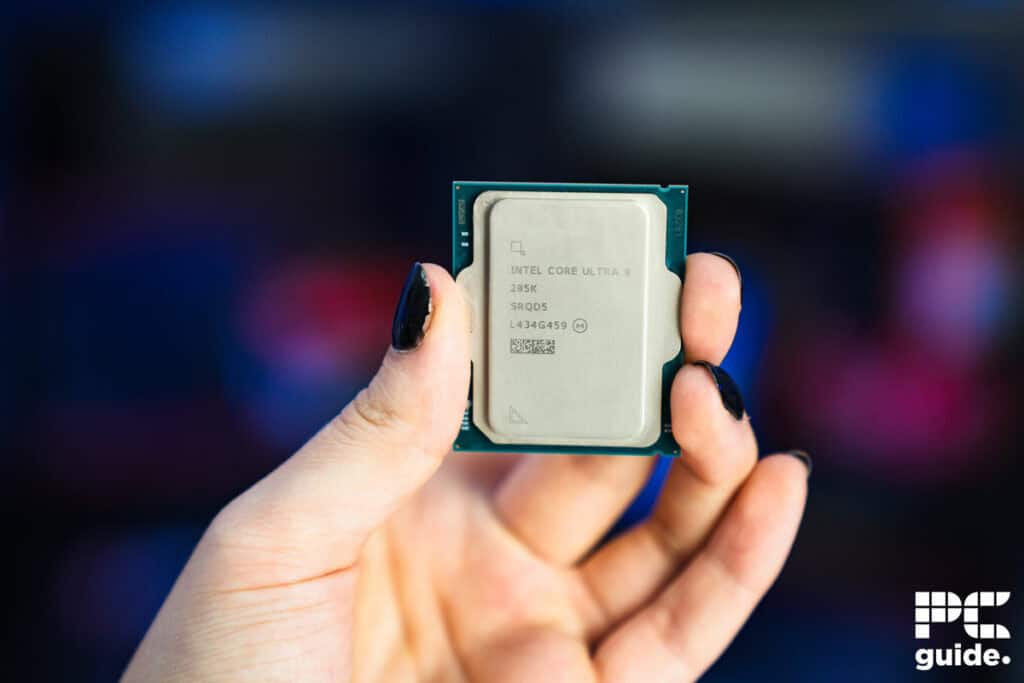
Compatibility
Ensure the CPU you choose is compatible with your motherboard's socket and chipset. Also, verify that your motherboard's BIOS is updated to support the chosen CPU.
Cooling and TDP
Higher-end CPUs generate more heat. Make sure your cooler can handle the thermal demands of the CPU. Check the Thermal Design Power (TDP) rating to get an idea of the cooling requirements.
Overclocking
Some CPUs can be overclocked to achieve higher clock speeds. If you're comfortable with overclocking, this can provide additional performance gains. However, it may also require better cooling solutions.
Budget
High-end CPUs can be expensive. Consider your budget and balance the performance gains against the cost. Creative professionals may be more willing to splash out on the latest generation.
Do you need more cores or faster cores for video editing?
Video editing is a CPU-intensive process that makes use of, and there isn’t a straight answer for whether more cores or faster cores would be better for video editing, as both of them have different functionalities depending on how you work. For example, increasing the clock speed by overclocking the CPU will increase its performance in any CPU-bound workload, including video editing; however, adding more cores to the equation will only be beneficial if the process can make use of the additional threads.
So, if you’re editing a video and running other applications on the side, a CPU with a higher core count would be better because it’ll also have more threads and will be better suited to handle multi-threaded processes. Ultimately, it depends on how you work, but going for a CPU with more cores is better, as you can even slightly overclock, which should make a vast difference in its output.
Can you do video editing on a budget CPU?
For video editing, according to HP, a quad-core CPU is the minimum requirement, and for professional video editing, a CPU with 6-8 cores would be ideal. That being said, if you take the example of Ryzen processors, the budget options like Ryzen 5 have 6 cores and 12 threads, while the mid-range Ryzen 7 processors have 8 cores and 16 threads.
So, a processor like the Ryzen 5 9600X, which had a Puget Systems Photoshop score of 6,087 points, should be able to handle basic video editing, but for a faster and more efficient working experience, options like the Ryzen 9 7900X or the 9950X would be better.
Is RAM important for video editing?
The more RAM a PC has, the more efficient it is, as it has plenty of system memory to open multiple instances of applications without running short. A higher RAM capacity is also vital for smooth multitasking and allows for seamless timeline scrubbing and playback. It is generally believed that 32GB of RAM is sufficient for most video editing tasks, but you can always add more. If you’re looking for options to explore, DDR5 RAM is currently the best choice available right now.
What CPU specs do I need for video editing?
Depending on the software you use, the requirements vary, but commonly, their CPU requirements aren’t anything too demanding. Such as Premiere Pro requirements, just asking for a minimum of a 6th Generation Intel CPU or Ryzen 1000 series or newer processor. With the recommended asking for an 11th Gen Intel or Ryzen 3000 series or a new CPU, it’s nothing too crazy high and can support a load of models and generations.
Can Ryzen 7 edit 4k video?
Yes, Ryzen 7 is capable of editing 4K footage. It’s more dependent on your graphics card as to how well the video editing performs. But for something like Premiere Pro, the recommended spec (targeting 4K+ resolutions) is just a Ryzen 3000 series or newer CPU, so as long as the Ryzen 7 is the 3700X or newer, it will be capable of 4K editing.
Final word
In 2025, if you want the best CPU for video editing, the Core Ultra 9 285K is the one to go for. While this processor may not have gotten much attention due to the lack of generational improvement in gaming performance, it has exceptional multi-core output. So, for a task like video editing, that benefits from more cores, a processor like the 285K is great, and paired with one of the best GPUs for the 285K, you should have a solid rig for work and gaming.


